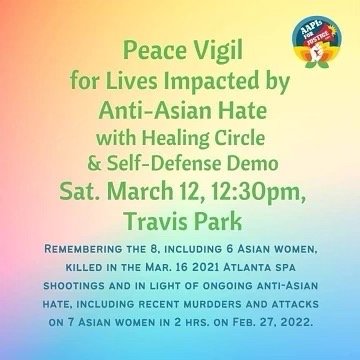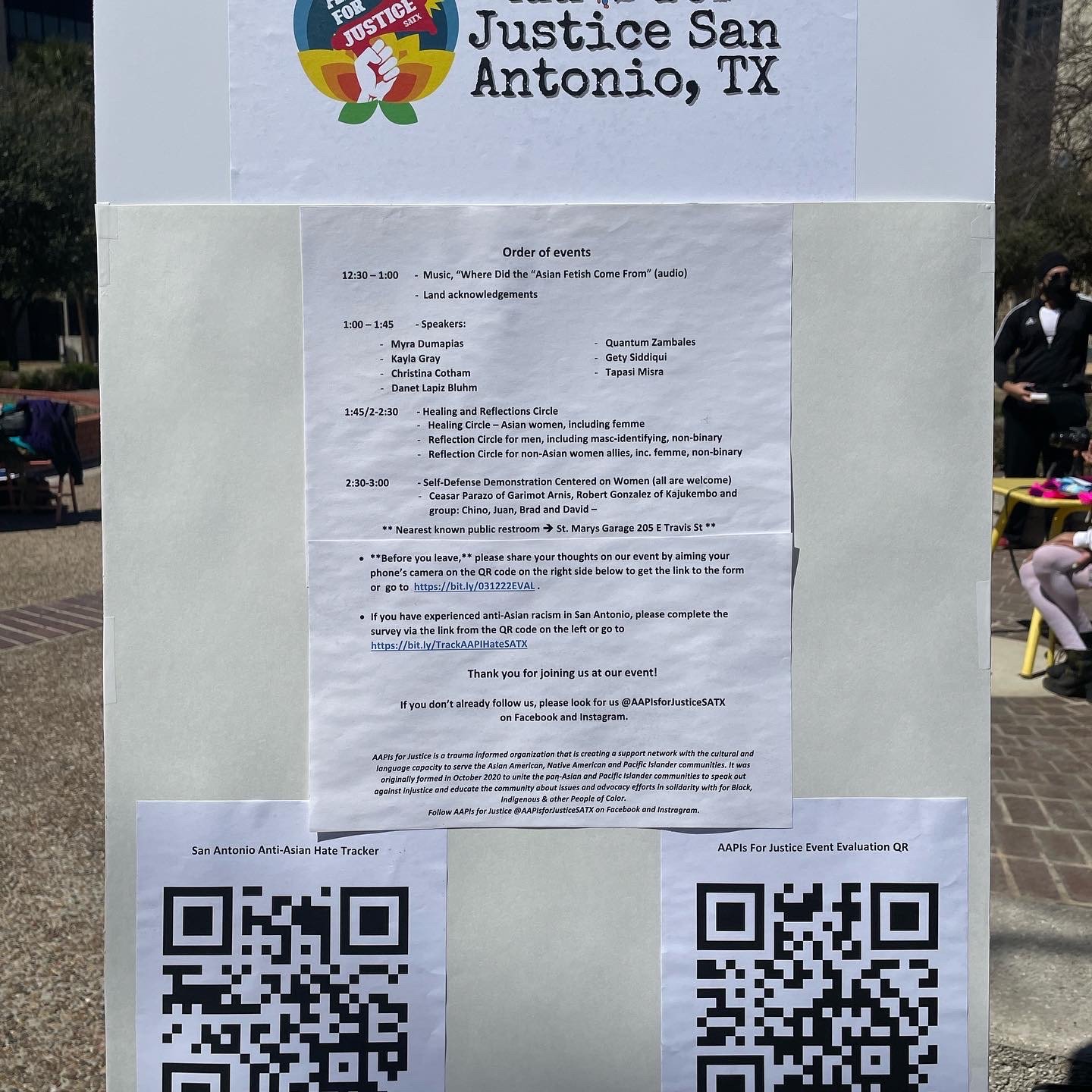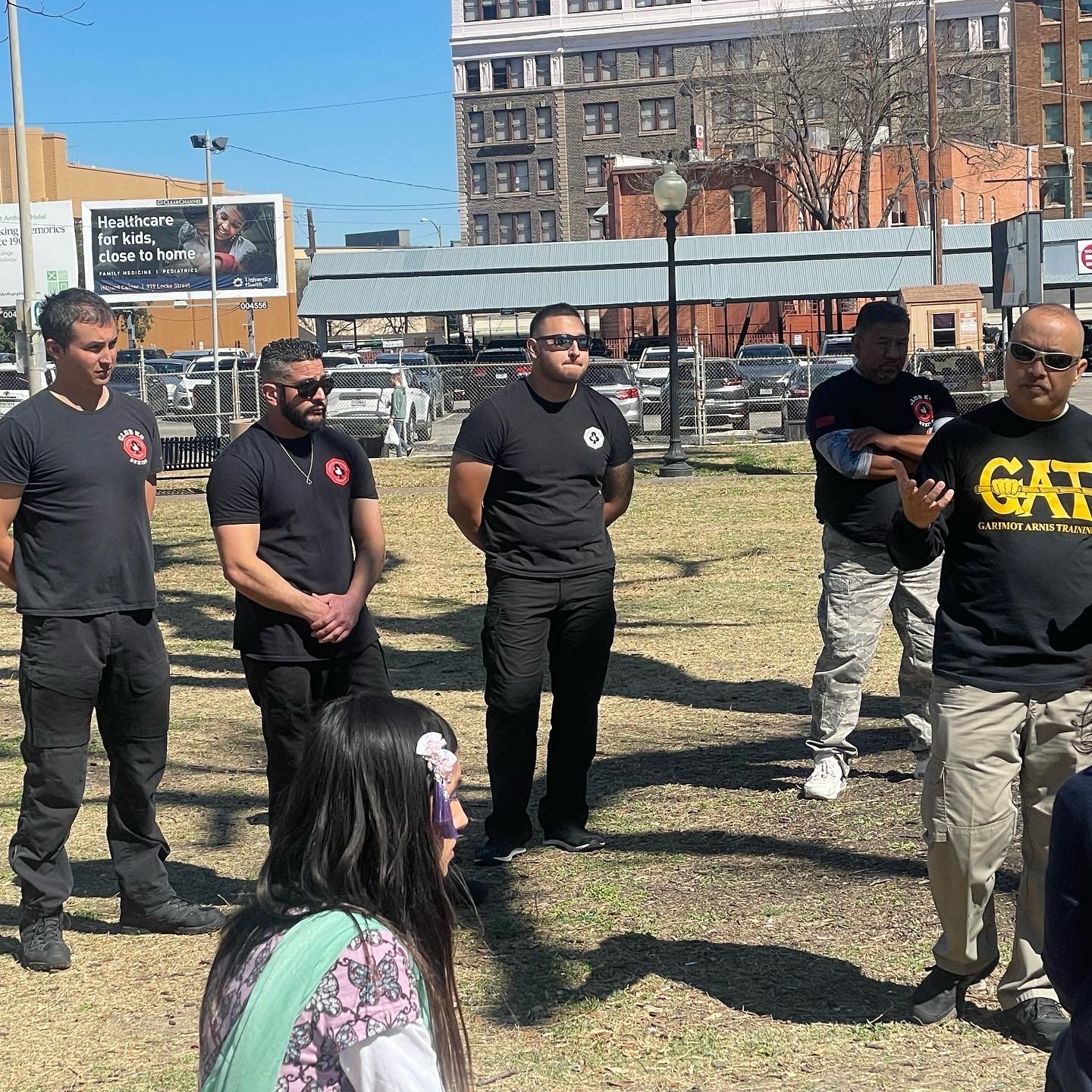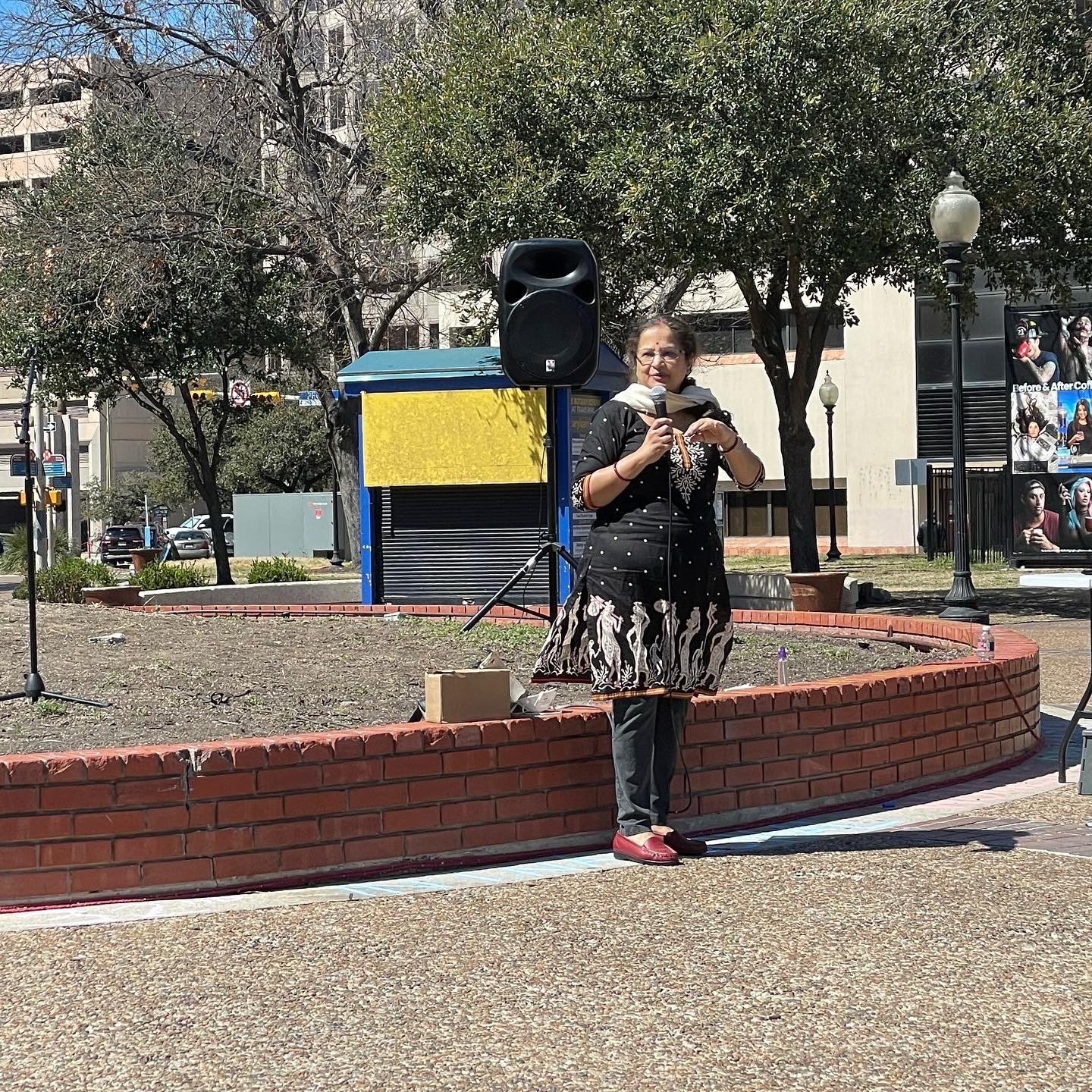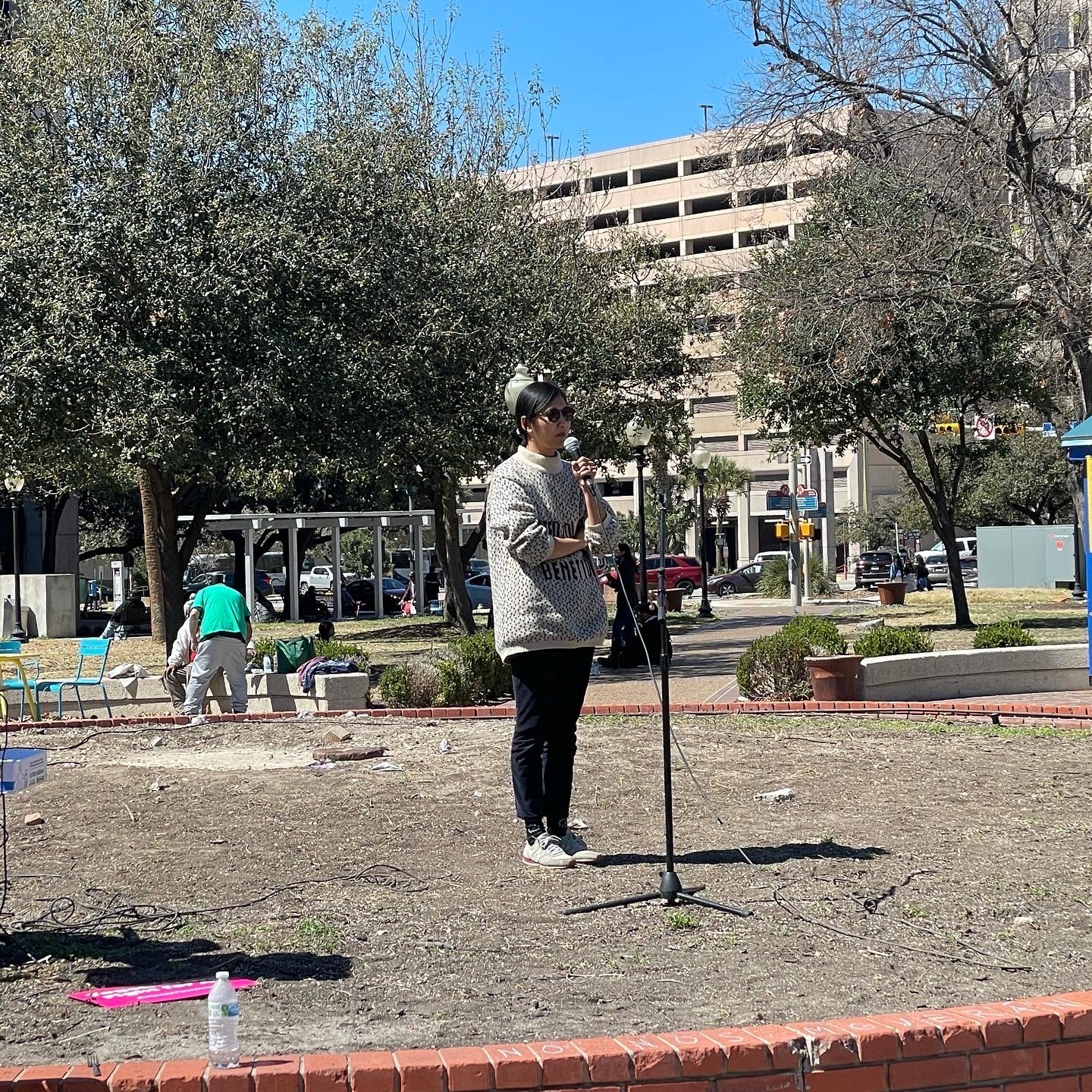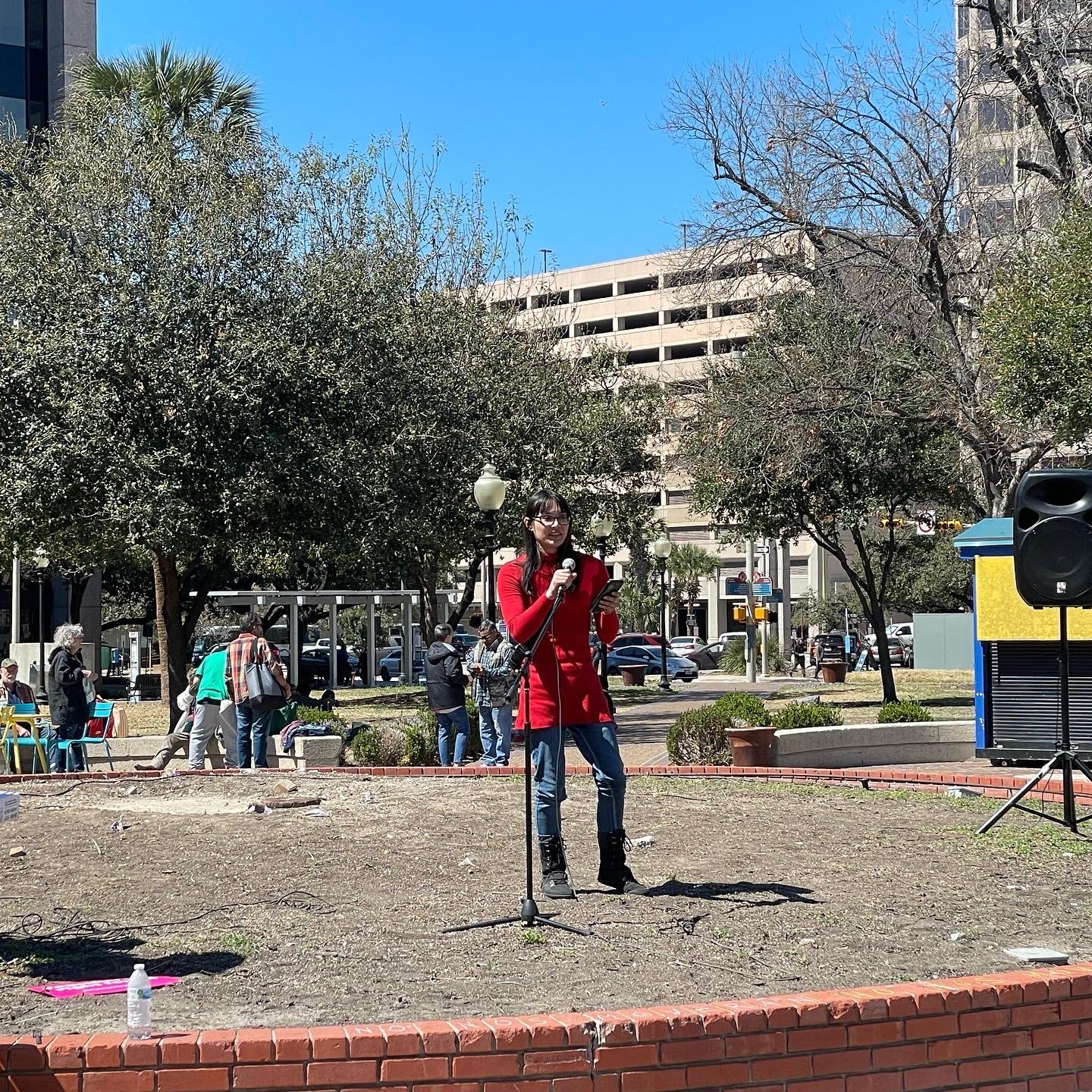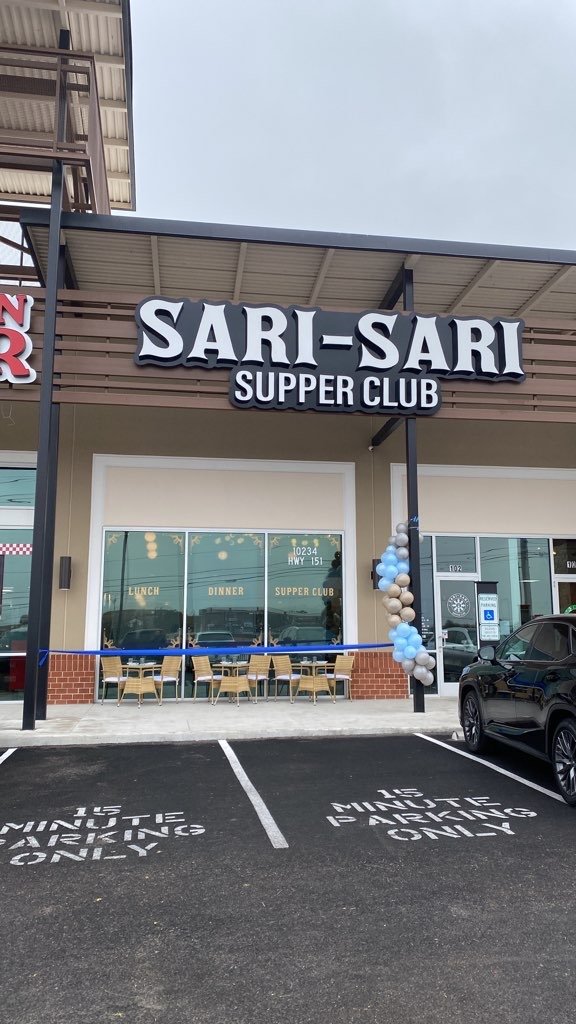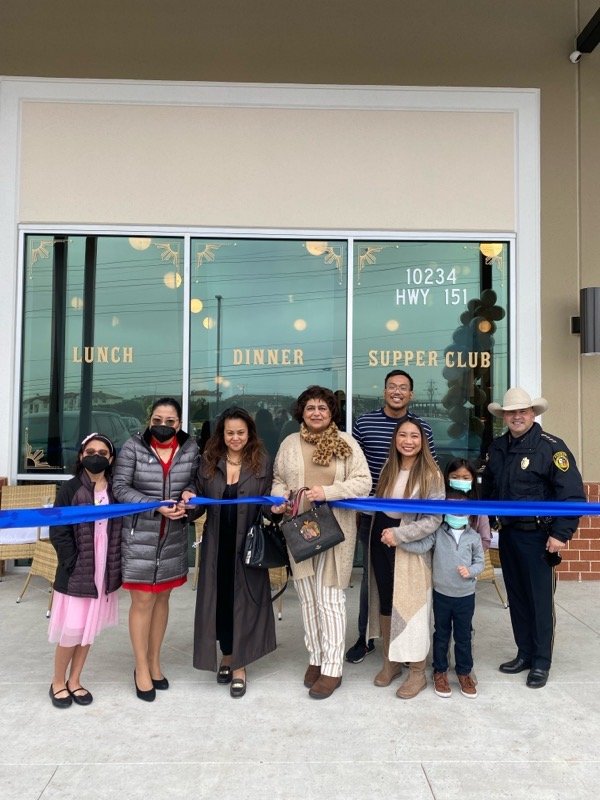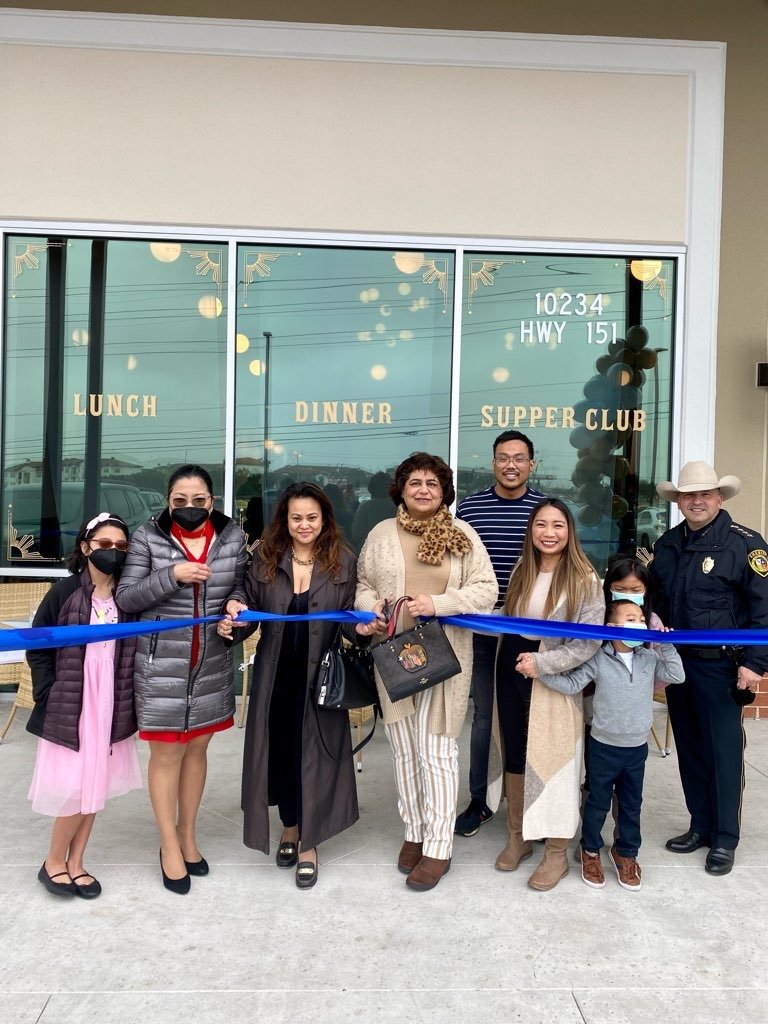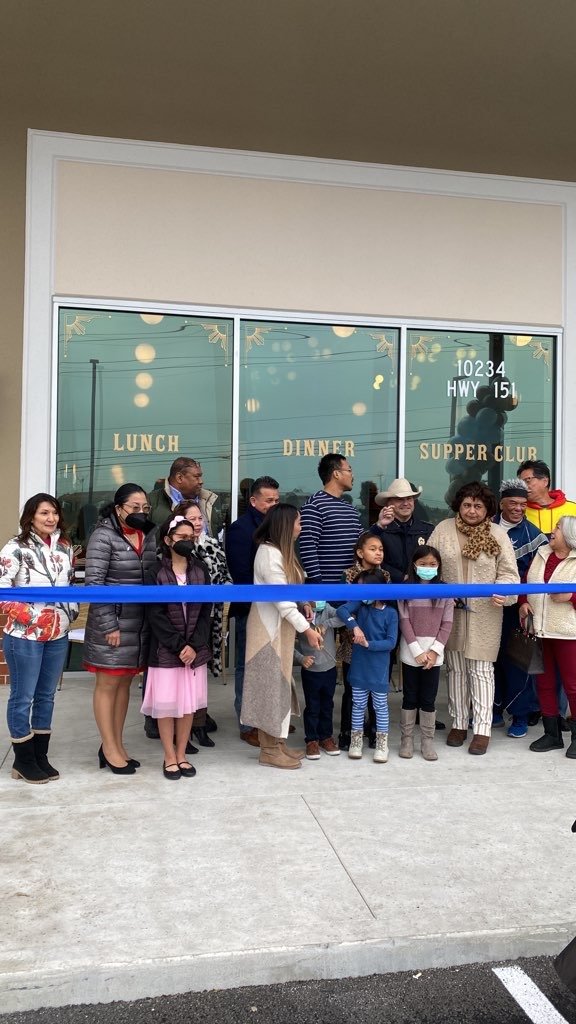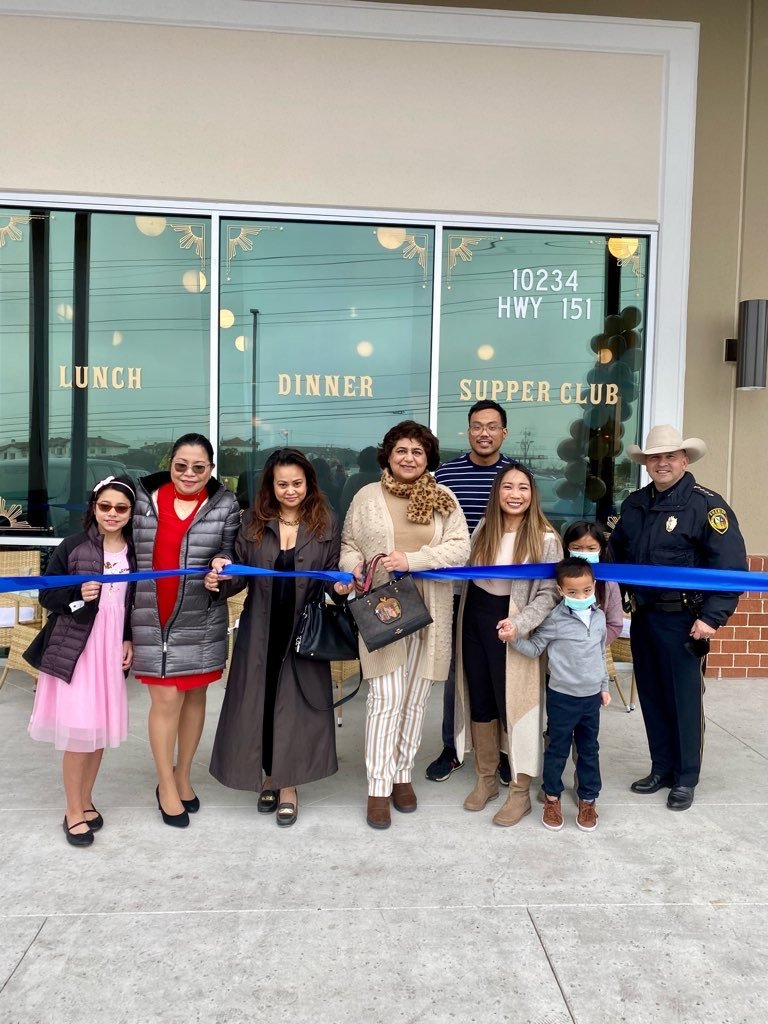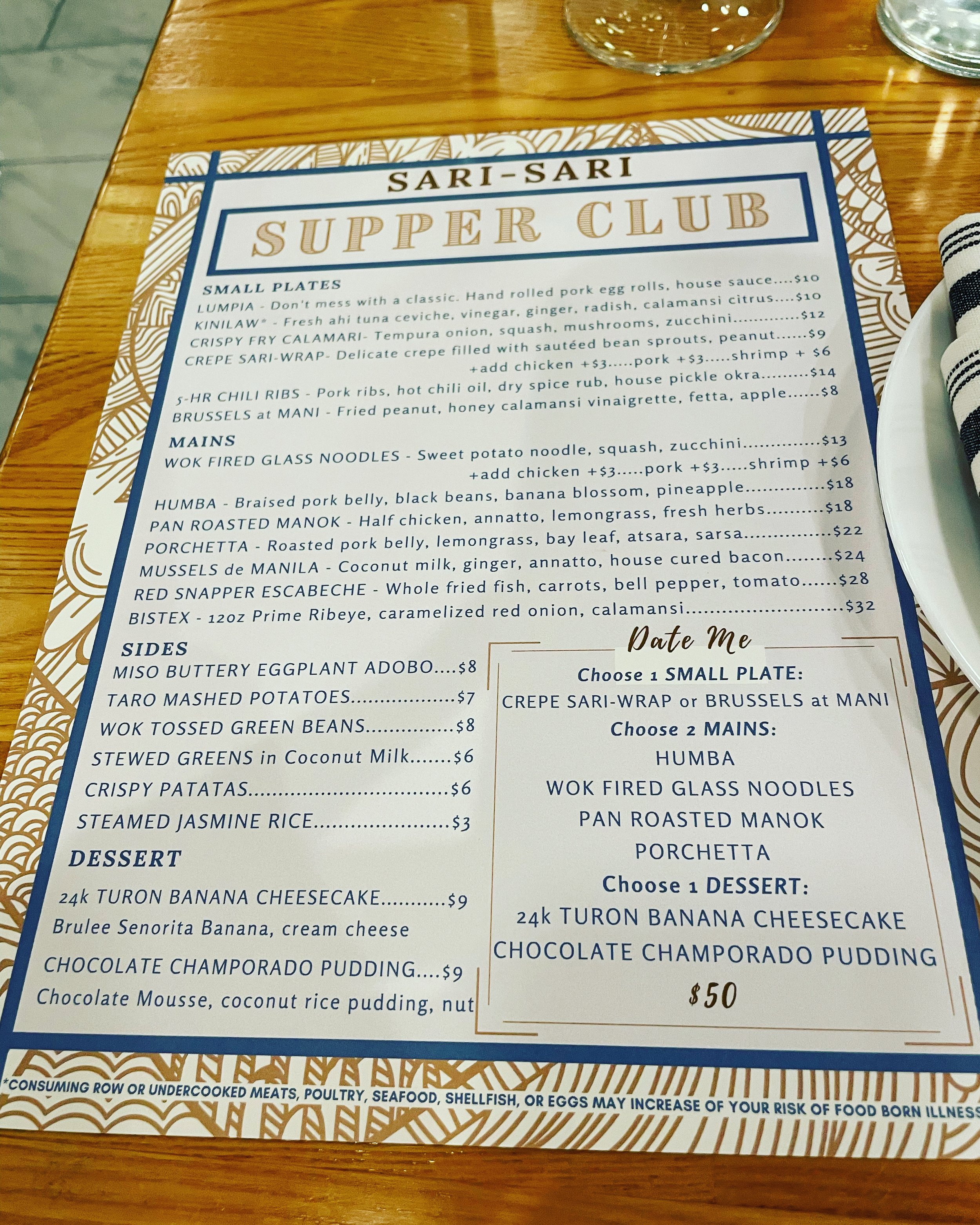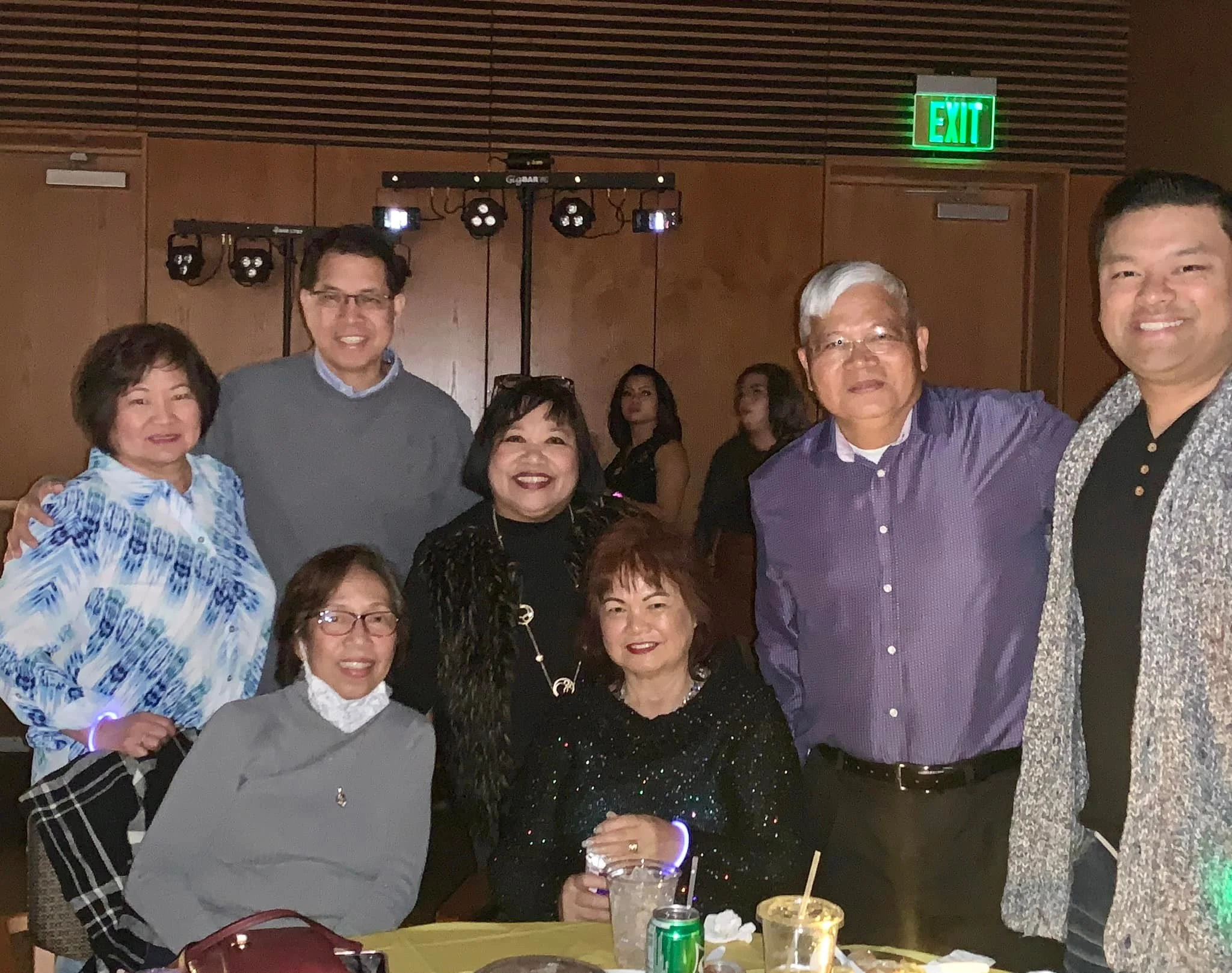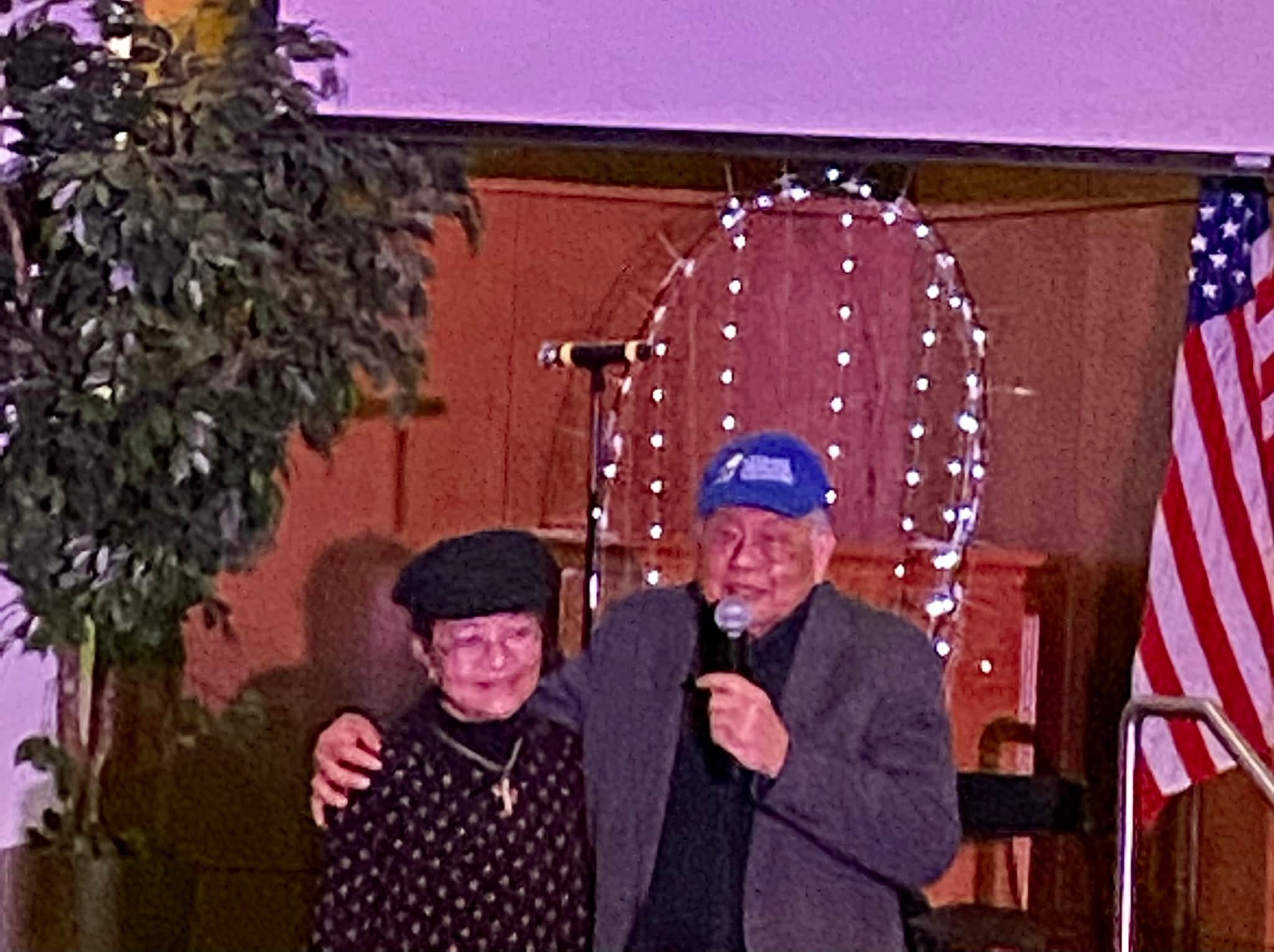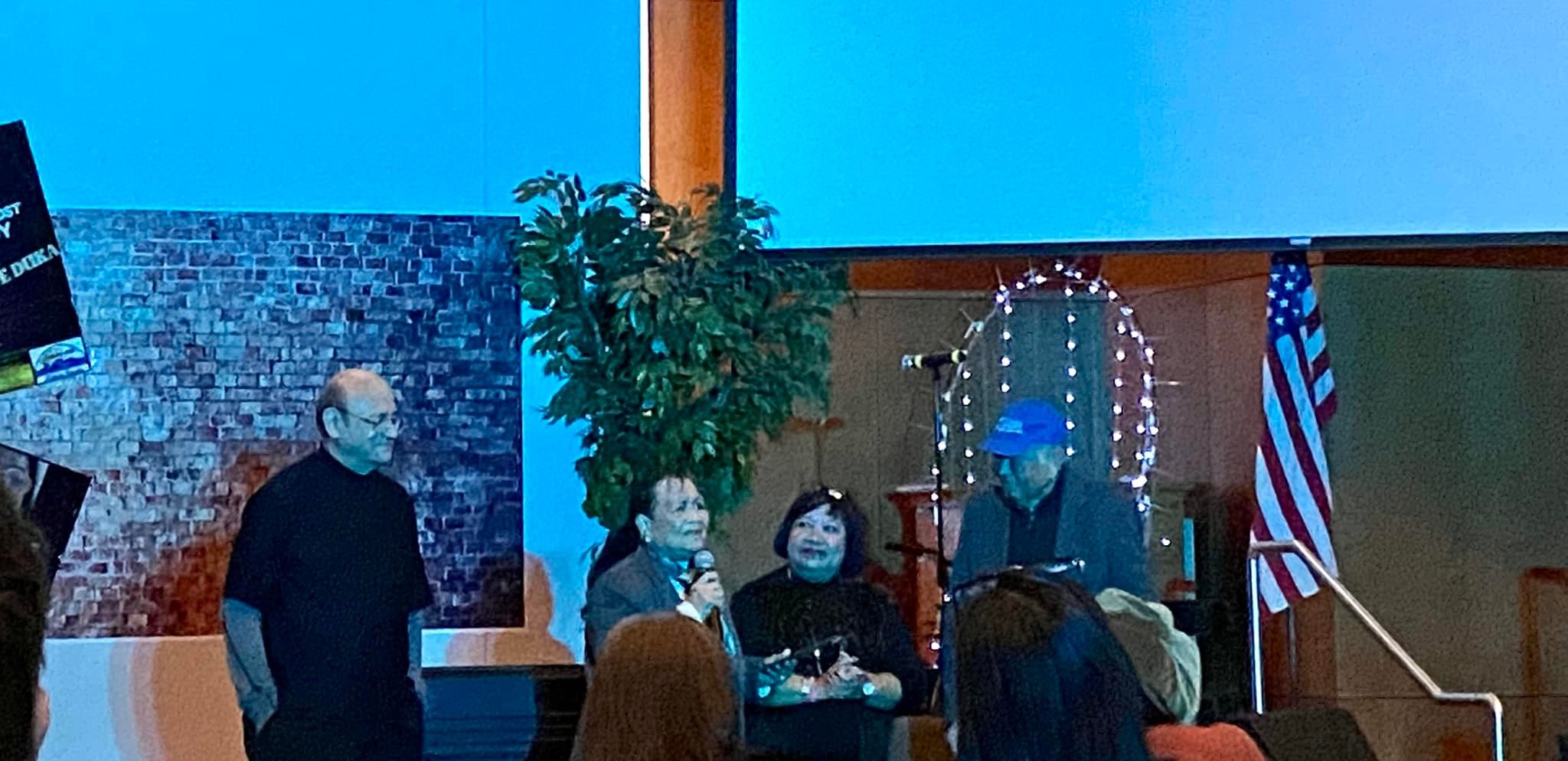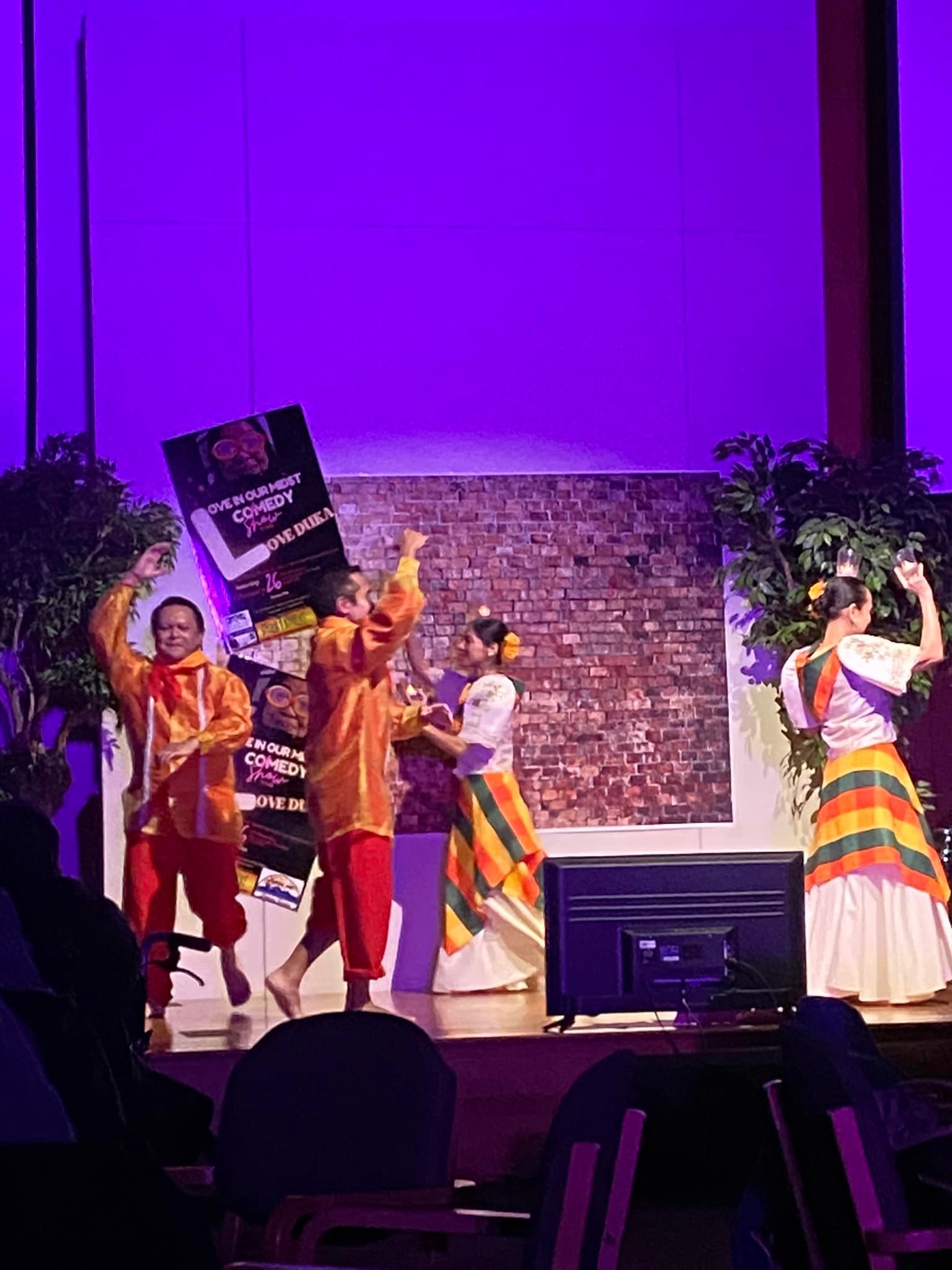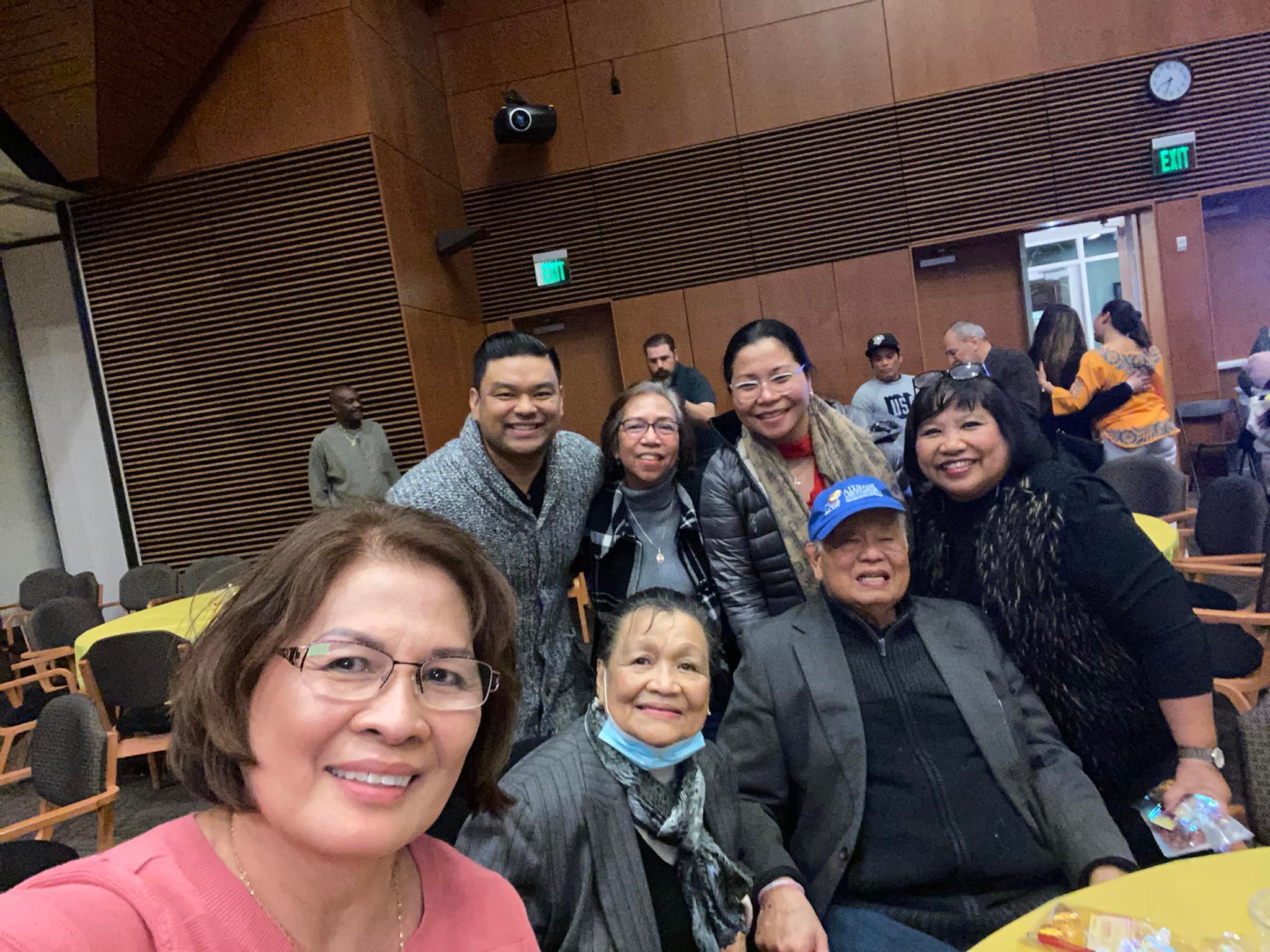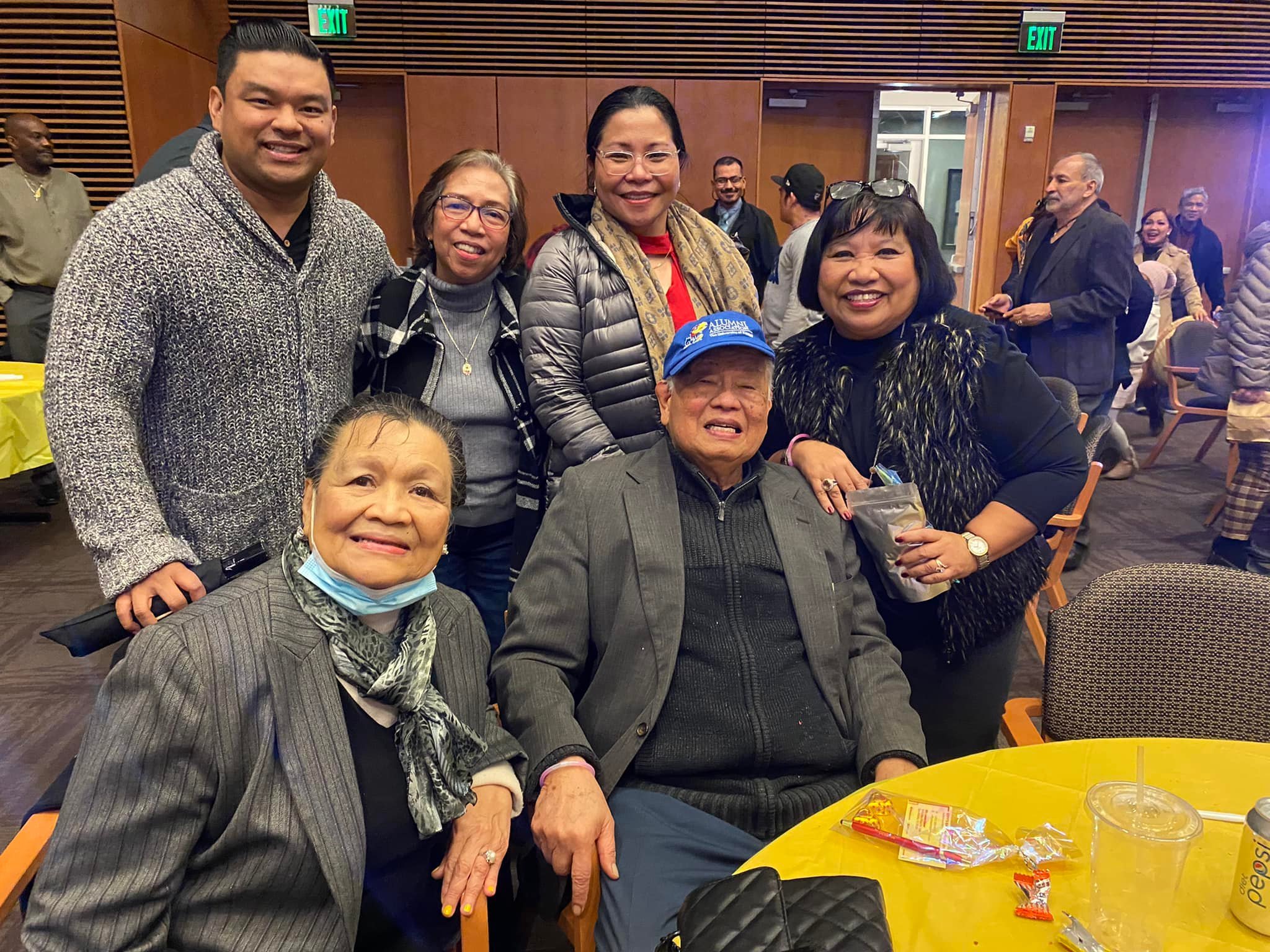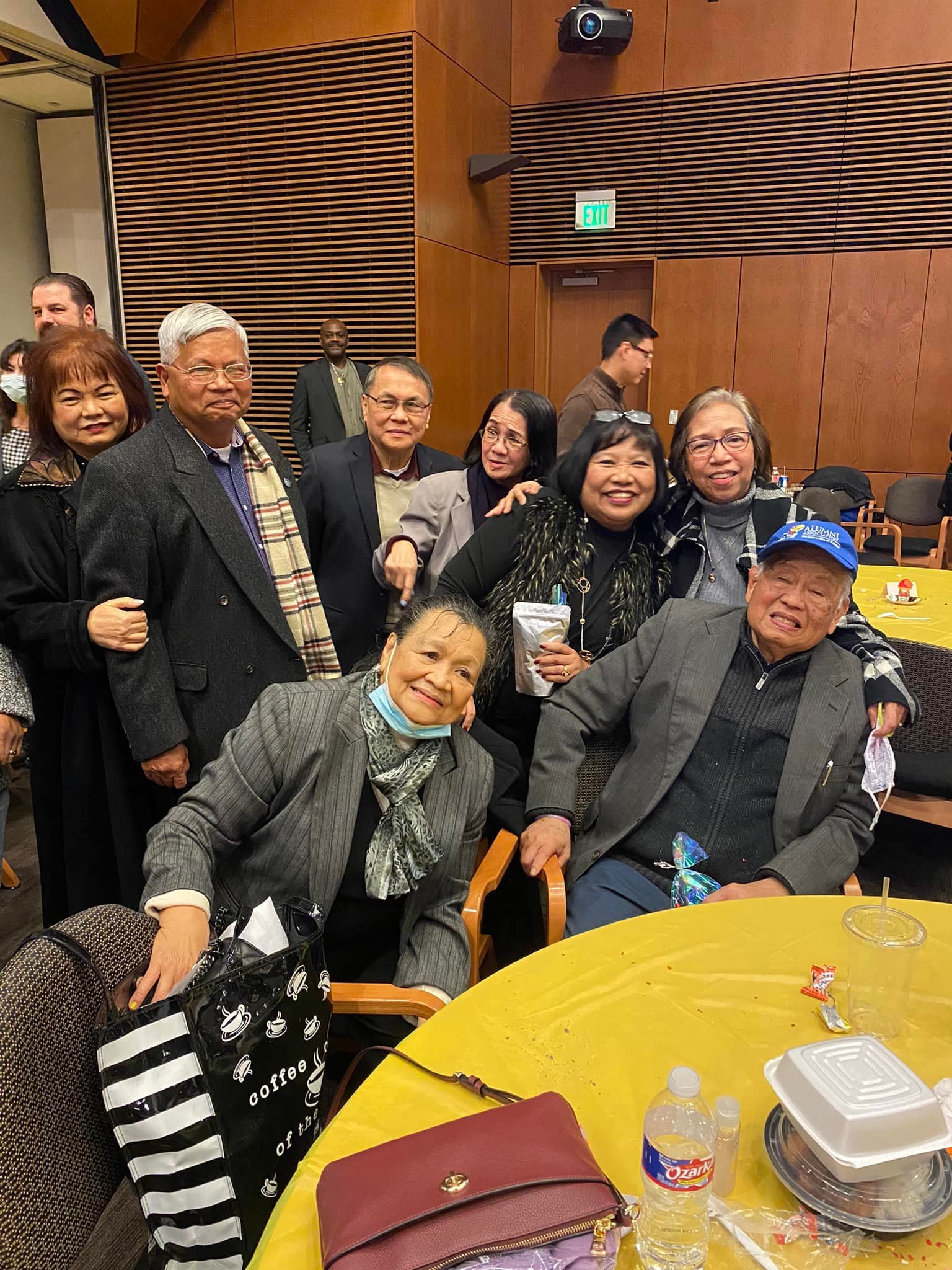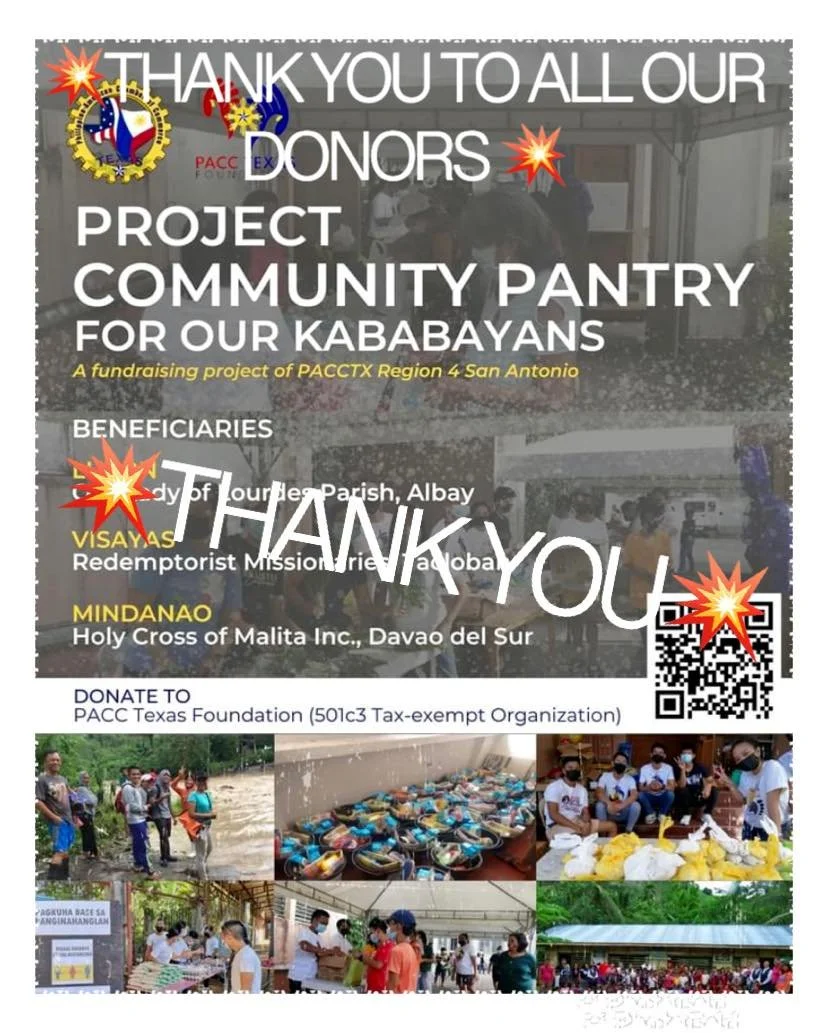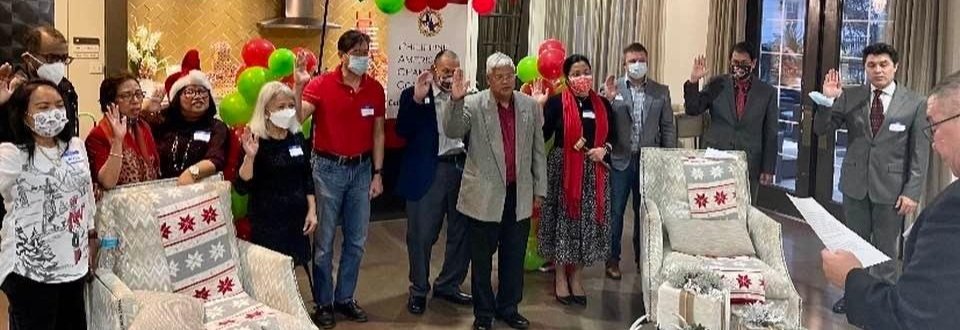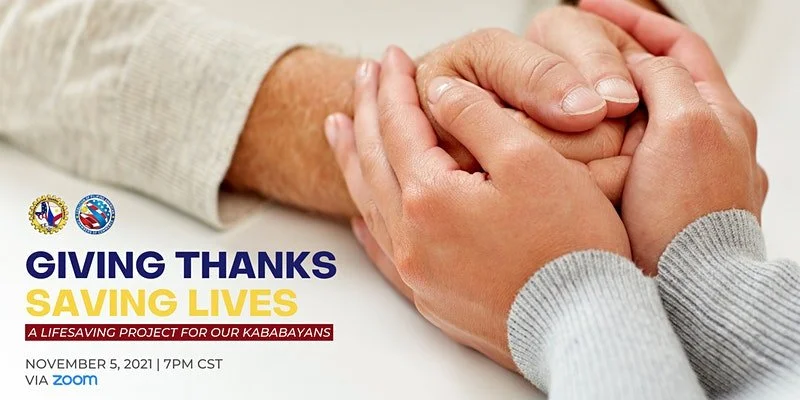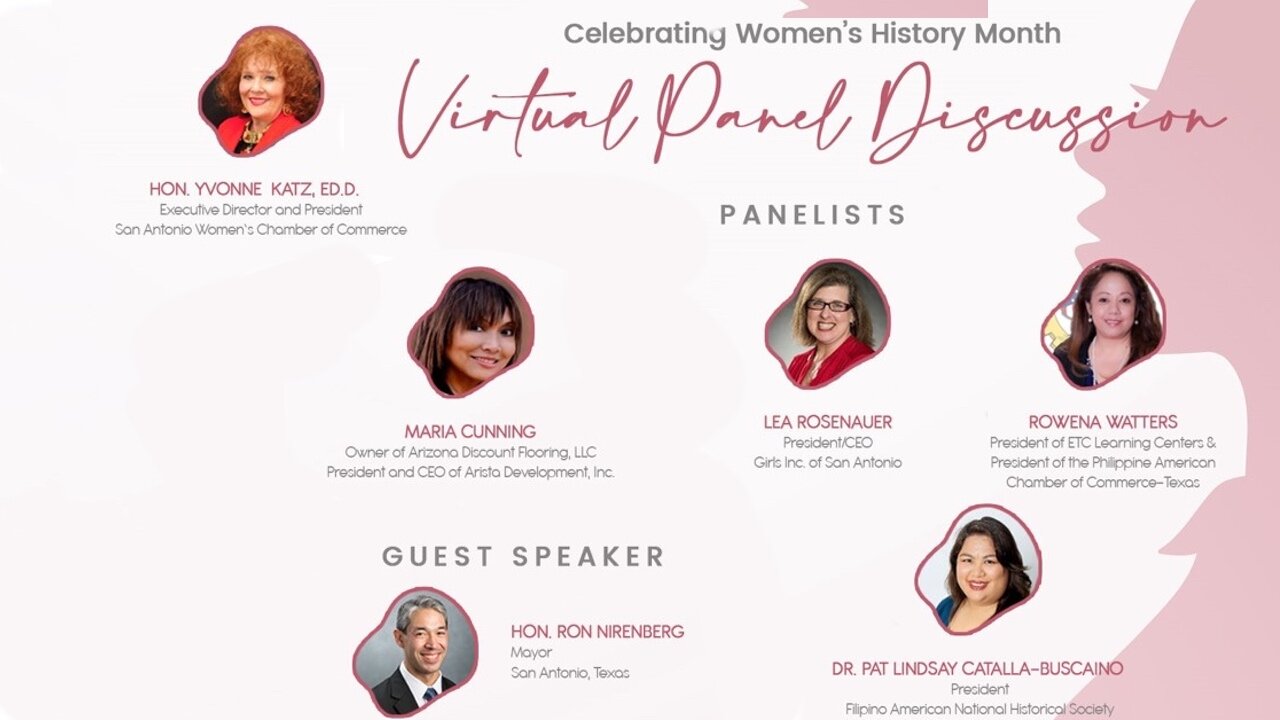Dr. Nelson Tuazon Accepted as a Fellow to 2022 – 2023 ANHE Environmental Health Nurse Fellowship
Nelson Tuazon
DNP, DBA, RN, NEA-BC, CENP, CPHQ, CPPS, CPXP, FNAP, FACHE, FAAN
Board Member - PACC-CTR
Director of Humanitarian Projects
PACC-CTR Board Member and Director of Humanitarian Projects, Nelson Tuazon, has been accepted as a fellow to the 2022 – 2023 ANHE Environmental Health Nurse Fellowship. The organisation takes pride in Dr. Tuazon’s recognition as one of the nurse leaders across the nation and to be given the opportunity to join a growing nationwide network that partners with communities to enhance the mitigation of and adaptation to climate change and related environmental health challenges.
The news should not be a surprise to us as Dr. Tuazon has a successful track record in nursing practice, academia, and executive leadership. His involvement in professional associations and boards has influenced nursing practice, nursing education, and public policy. Yet, the PACC-CTR family welcomes this announcement as an inspiration to all our members and with much anticipation to more achievements in the future.
2022 – 2023 ANHE Environmental Health Nurse Fellowship is designed to train nurses to work with communities in tackling serious environmental health issues, with an emphasis on climate and health equity. Through Dr. Tuazon's leadership and contributions, PACC-CTR looks forward to creating a more positive impact in the communities through missions and projects that matter to Filipino businesses and the Filipino community alike.
US Ship Telesforo Trinidad Campaign Executive Director Nonie Cabana on Usapang Pinoy Podcast
Usapang Pinoy speaks with Nonie Cabana, Executive Director, US Ship Telesforo Trinidad Campaign. The campaign’s mission is to name a US Navy Surface Combatant after Fireman Second Class Telesforo Trinidad, an American national of Filipino descent who received the Medal of Honor on April 1, 1915, for extraordinary heroism in the line of duty and memorialize his selfless dedication to our Nation and the U.S. Navy.
Peace Vigil with Healing Circle & Self-Defense Demo
A day of solidarity, healing, and education to honor the 1 year anniversary of the 2021 Atlanta spa shootings
Sari-Sari Supper Club Ribbon Cutting
Sari-Sari Supper Club, San Antonio’s latest Filipino restaurant, had its grand opening on Feb 26, 2022.
Love in our Midst by JOKAY
The “Love in our Midst Jokay” event last night at the Oblates’ Whitley Theological Center honoring Dr Dante and Ate Adelaida “Nini” Escalante- great pillars in the SA community- was so much fun! It was great seeing friends in the SA Fil-Am community again. PACC-CTR was one of the sponsors.
PACCTX Awards 2022 Open For Nominations
The PACCTX Awards 2022 is now open for nominations!
Together, let us celebrate outstanding Philippine-American Women who have shown excellence as professionals, entrepreneurs, humanitarians, and advocates.
Join us in this year's PACCTX Awards for Outstanding Women by bringing in your entries for the following categories:Outstanding Philippine-American Woman Professional
Main Qualifications:
A Woman, a Filipina, and a Resident of TexasMust possess impeccable personal character. No civil or criminal convictionsMust hold a professional degree, designation, or certification
Outstanding Philippine-American Woman Entrepreneur
Main Qualifications:
A Woman, a Filipina, and a Resident of TexasMust possess impeccable personal character. No civil or criminal convictionsHas ownership (full or a percentage of) a business currently certified or registered in the State of Texas at least two years prior to the date of nomination
Outstanding Philippine-American Woman Humanitarian
Main Qualifications:
A Woman, a Filipina, and a Resident of TexasMust possess impeccable personal character. No civil or criminal convictionsMust be involved in civic works committed to the welfare of the greater community
Excellence in Women Advocacy Award
Main Qualifications:
Filipino-owned business duly registered and operating in the State of Texas at least two years prior to nomination
The deadline for submission of Nomination Forms is on February 24, 2022!
The awarding will be on March 12, 2022, during our Women's Month Special - 𝘾𝙚𝙡𝙚𝙗𝙧𝙖𝙩𝙞𝙣𝙜 𝙒𝙤𝙢𝙚𝙣, 𝙄𝙣𝙨𝙥𝙞𝙧𝙞𝙣𝙜 𝘾𝙝𝙖𝙣𝙜𝙚
To know more about our event, visit bit.ly/CWIC2022
To register, visit bit.ly/CWIC2022Registration
For inquiries, kindly contact Ms. Yoly Moy at ygmmoy@gmail.com and
Ms. Aileen Ligot-Dizon at aldizon.esq@gmail.com
Project Community Pantry Update
ANOTHER SUCCESSFUL PROJECT OF PACCTX-CENTRAL TEXAS SAN ANTONIO
A joint project with PACC TEXAS FOUNDATION INC.
THANK YOU to all our DONORS
Funds sent to the following beneficiaries:
Luzon: Our Lady of Lourdes Parish, Albay
Visayas: Redemptorist Missionaries, Tacloban
Mindanao: Holy Cross of Malita Inc, Davao del Sur
PACC-CTR Board of Directors for 2022 & 2023
CONGRATULATIONS to the new PACC-CTR Board of Directors for 2022 & 2023!
EXECUTIVE OFFICERS:
Region Chair: Dr Danet Lapiz Bluhm
Vice Chair: Gene Carangal
Secretary: Joseph F. Meyer
Treasurer: Rene N Helen Ona
Auditor: Dr Nelson Tuazon
BOARD MEMBERS:
Elcee Cortez / CeeCee CabriaCortez
Col Nonie Cabana
Maj Robert Moy
Dr DrMike Bluhm
Business Profile - Malabito Street Catering & Cha a Teahouse
How did you get your idea or concept for the restaurant?
The idea came when my kids are still young, I wanted to be more flexible with my time. Restaurant is a 24 hour job, having a catering kitchen, I am able to choose the how much hours I work for each day. The teahouse has always been an idea of mine for my kids to work with me as teen, and learn how hard and fulfilling this industry can be.
As I evolved as a Chef/Business Owner throughout the years, the clientele I've cooked for had always described my cooking as healthy with great flavors and clean cooking. I love that!
What made you choose this type of business?
Restaurants had always fascinated me as a kid in Cubao, Quezon City, I would sit on a busy walk through bridge watching this particular Restaurant full of diners, being serviced with such class and flow throughout its entire Restaurant. I wanted that, but in reality it takes so much to do what they do. So I'm doing it in a very small scale, just one at a time.
How do you market your business? How are people aware of your business?
My only marketing is word of mouth, always being referred to another client.
When people like my food, they can trust me enough that I will create and execute their event and vision. Also, having free range of creativity of ideas gives me such passion to do more.
What made you choose your current location?
My location was a blessing, for 2 years I've been looking for any spot just to cook in. But this 2nd generation cafe found me, as soon as I walked in the door, I knew this location was it for me. The space needed some love and care so that's exactly what I did. I'm very proud of how it came together and I hope everyone will enjoy my small place.
What is unique about your cafe?
Just a small neighborhood teahouse Serving Organic Blended Teas, Freshly made Palamig, while adding Boba in their drinks. Housemade fresh halo halo ingredients, made from scratch pandesal bites and ube pandesal bites served with sweet butter cheese, empanadas, Baked Siopao are always available on weekends
A Chef will also cook their best dish for that weekend. No menu needed, whatever is in season we will create one dish with side dishes to complete the meal. Taste and Flavors are made from all cuisines, Filipino, Cajun, Italian, Chinese, Thai, Vietnamese, American and many other traditional dishes.
What is your best selling item on the menu?
Lol. My Cajun Fried Catfish with Pan Seared Asian Greens in Ginger. Just simple cooking but executed well.
Where do you see your business in the next year? In the next five years? The next ten years?
Next five years.... I will have opened another neighborhood teahouse and so on. I'm already looking for the second location now. In ten years, one of my kids will elevate it to whatever they think it should be. I'm very excited in the future!
How does your company stay engaged with the Filipino community?
As I've joined this Filipino Business Association I would love to engage more in our Filipino community. I would hope all Filipino business no matter small or big should come together and create an all Filipino-American Annual Festival and let that become our way of engagement to our community. If we all pitch in sponsoring and volunteering this would be such a great success 5 years from now! I believe it and I volunteer now and let this grow to hand over to the next generation of Filipinos in San Antonio Business Leaders.
How has COVID-19 impacted how you conduct business?
Definitely slowed my business down but covid also made me rethink that less is more in my catering business. I've actually been working for less offices but larger orders. This way I can truly focus and execute an event perfectly.
If you had one piece of advice to someone just starting out, what would it be?
Make sure you have the heart to keep it going, always make time for yourself and family. Always believe in yourself,
Embrace to experience failure and learn from it. And most of all always thank God for all his blessings everyday.
Malabito Street Catering & Cha a Teahouse
Address: 2813 Thousand Oaks Drive, San Antonio, Texas 78232
Phone: (210) 636 - 5025
Website: malabitostreet.square.site
Business Profile - Kain Na Restaurant
Business profile for Kain Na Restaurant - a popular eatery in San Antonio serving traditional Filipino food.
How did you get your idea or concept for the restaurant?
I've always had ideas and concepts in my head since childhood, but with the help of my husband Gilbert, we put together what we think is going to work and what we think our customers are going to like.
What made you choose this type of business?
I have a passion for cooking ever since I was a kid. I've always dreamt of having my own restaurant and sharing my food to people. We had an insurance agency before jumping into the food business. The food business started as a hobby, cooking for friends and family, then I started catering on the side while still running our insurance agency with my husband, Gilbert. We went to different festivals, and farmers market as a pop up on the weekends just to get our name out there but just after a few months, the response of our customers had been amazing, so we purchased a food truck, which was another great turn out that we had to sell our insurance agency and open up our first location in Austin Highway.
How do you market your business?
Social Media is our main marketing outlet. We engage in different platforms and update it everyday, sometimes more than once a day. We also still take our food truck out in different neighborhoods and events to spread the word about our food and location.
What made you choose your current location?
Our very first location for our food truck on the weekends was at Streetfare SA down Austin highway. We grew a lot of regulars within a few months of being there, so we decided to start a brick and mortar around the area in Austin Highway. We wanted to expand but the property was not accommodating, so we decided to look for another location and we came across our current location in Perrin Beitel.
What is unique about your restaurant?
We are a family ran business cooking family recipes that is traditional and home cooked, just like how you would be served if you go to our house😂 From my uncles, to my aunts cooking with me and making sure we serve traditional/home cooked meals.
What is your best selling item on the menu?
Lumpia and Kabob(Filipino Style BBQ on a stick) are 2 of our best sellers. These has been on our menu since day 1 and has been our best sellers ever since.
Where do you see your business in the next year? In the next five years? The next ten years?
We are planning a 2nd location in the far northwest side or the north area, hopefully within the next year or 2. 3rd and 4th location with in 5 years and hopefully a franchise concept within 10 years.
How does your company stay engaged with the Filipino community?
We are in different Filipino group through social media, and different Filipino organizations. We also hold a weekly Karaoke Night every Friday to get a lot of Filipinos engaged(Coz we know Filipinos loves karaoke)😂
How has COVID-19 impacted how you conduct business?
We have been blessed and grateful that Covid did not affect us but actually built us. We opened in the midst of the pandemic and just kept growing and growing since then.
If you had one piece of advice to someone just starting out, what would it be?
Follow your passion, dream big, start small and work your way up. Hard work and dedication will help you reach your goals.
Kain Na Restaurant
Address: 9323 Perrin Beitel Rd Suite 101, San Antonio, TX 78217
Phone: (210) 253-2423
Website: kainnasatx.com
Lumpia
Kain Na - Filipino Cuisine Anniversary and Grand Re-Opening
Join us as we celebrate Kain Na Restaurant's 1st year Anniversary and Kain Na Market's Grand Opening. We will have performances throughout the day by local artists. Karilagan dance group, MJ Palos of G Power, our resident KJ/Performer Baldemar, DJ Romy, Dina and more! We will also be hosting our very first LUMPIA EATING CONTEST!!!!
Details to be considered as a contestant:
1. Post photo of you eating Kain Na's Famous Lumpia.
2. Describe why you should be chosen as a contestant.
3. Tag us on your post.
Entries will be accepted until October 20th. Grand Prize winner will receive Free Lumpia for 1 year!!
10/30/2021
9323 Perrin Beitel Rd. Ste 101 San Antonio, TX 78217
Giving Thanks, Saving Lives
A fundraising event by Filipinos for Filipinos
About this event
Philippine-American Chamber of Commerce of Texas Central Texas Region and Coalition of Filipino-American Chamber of Commerce will discuss their fundraising efforts for our Kababayans. Their projects are "Community Pantry" and "Donate Vaccine, Save Lives".
We Can Do This - awareness and education about COVID-19 vaccines
Our community is filled with frontliners and essential workers -- heroes who sacrifice and continue to do their best to make sure our way of life is preserved. From all of us at COFACC, we thank you!
Let's all help them out by doing our part to make sure we are protecting each other (and our businesses).
To learn more about COVID-19 vaccines, or to find vaccines near you, visit vaccines.gov
Celebrating Women's History Month: Virtual Panel Discussion Video
MARCH is Women’s History Month, a time to celebrate the contributions of women, and to recognize specific achievements that women have made in the course of history across a variety of fields. While United States Congress is credited for the beginnings of this celebration, we use this opportunity to acknowledge women’s contributions in a global setting. PACC Texas invites you to join our tribute to women in our Virtual Panel Discussion organized by PACCTX Region 4 – Central/San Antonio.
Virtual Panel Discussion - Celebrating Women’s History Month
Join us as we celebrate Women's History month with a Virtual Panel Discussion
About this Event
MARCH is Women’s History Month, a time to celebrate the contributions of women, and to recognize specific achievements that women have made in the course of history across a variety of fields. While United States Congress is credited for the beginnings of this celebration, we use this opportunity to acknowledge women’s contributions in a global setting.
PACC Texas invites you to join our tribute to women in our Virtual Panel Discussion organized by PACCTX Region 4 – Central/San Antonio. Mark your calendars for this event, and all the other fun, educational events that our chambers are hosting this month.
Get your free tickets here
Date And Time
Sat, March 27, 2021
7:00 PM – 8:15 PM CDT
USS TELESFORO TRINIDAD CAMPAIGN (USSTTC) “Ship and Shipmate Before Self”
MISSION: Name a US Navy Warship (Destroyer--DDG or Frigate--FFG) after Fireman Second Class Telesforo Trinidad, an American national of Filipino descent who received the Medal of Honor on April 1, 1915, for extraordinary heroism and intrepidity in the line of his profession to memorialize his heroic contributions to the U.S. Navy and our grateful Nation.
VISION: Perpetuate PO2 Trinidad’s heroic contributions to promote national awareness and education and bring pride and honor to the US Navy, its Sailors – officer and enlisted, their families and our Republic.
WHO WE ARE: USSTTC is a national grass roots advocacy group comprised of serving and retired members of the US Armed Forces, community leaders, academics, corporate executives, civic leaders, partners and sponsors, and veterans’ families committed to naming a US Navy Warship after Trinidad. (A 501(c)(3) application is in progress).
BACKGROUND: No US Navy ship has been named after a member of the US Armed Forces of Filipino descent, even though tens of thousands of Filipinos have served faithfully in the US Navy beginning in 1901 when President William McKinley signed an Executive Order allowing the Navy to enlist 500 Filipinos as part of the Insular Force. Approximately 6,000 Filipinos enlisted in the US Navy during WWI and many more joined through the interwar period leading up to WWII. After the Philippines obtained its independence from the United States in 1946, over 35,000 Filipinos were recruited into the US Navy from 1952 to 1992 under a provision of the Republic of the Philippines- United States Military Bases Agreement. In addition, thousands of Americans of Filipino descent enlisted during this same 40-year period, and continue to do so until today.
DISCUSSION: Trinidad remains the first and only American of Asian descent and first American national of Filipino descent in the US Navy to receive a Medal of Honor for his extraordinary heroism in the line of his profession during boiler explosions onboard the USS San Diego (ACR-6) while the ship was underway in the Gulf of California on January 21, 1915. Trinidad brought two crewmembers to safety in spite of his own physical injuries from the explosion. He was awarded the Medal of Honor in accordance with General Order Number 142 signed by the Secretary of the Navy Josephus Daniels on April 1, 1915.
To date, there is only one ship, the USS Chung-Hoon (DDG-93) named after an Asian American in the Navy - Rear Admiral Gordon Pai’ea Chung-Hoon, Commanding Officer of USS Sigsbee (DD-502) during World War II, who received the Navy Cross for his gallant actions during a kamikaze attack on April 14, 1945.
RECOMMENDATION: Name a US Navy Warship-- Destroyer or Frigate--after PO2 Telesforo Trinidad, which follows in the proud tradition of the US Navy in naming a ship after a Medal of Honor Recipient.
POINT OF CONTACT: Cecilia I. Gaerlan
Email: cecilia@bataanlegacy.org; Cell: (510) 520-8540
The Moral Determinants of Health: Purpose, Promise, and Propositions - Part 2 The Promise for the Betterment of Health
Nelson Tuazon, DNP, DBA, RN, NEA-BC, CENP, CPHQ, CPPS, CPXP, FNAP, FACHE, FAAN
Vice President & Associate Chief Nursing Officer, University Health
Director, District 8, Texas Organization for Nursing Leadership
In Part One of this article on The moral determinants of health: Purpose, promise, and propositions (Tuazon, 2021), the focus of the discussion was on aligning the work of healthcare professionals and providers with purpose. I presented the background and traced the development of the moral determinants of health. I focused on moral theories as a framework for determining the purpose of the moral determinants of health. In this Part Two, I will explore the promise of the moral determinants of health in conjunction with the social determinants of health. Specifically, I will explore whether the moral determinants of health intersect with the social determinants of health or if they are considered an evolution.
Health Gap: Creating the Social Movement
As I have stated in Part One, I came up with more questions, rather than specific answers to the question of "What's new about the moral determinants of health." The complexity surrounding moral issues leads to more questions. Similar to the experience of the World Health Organization’s (WHO) Commission on the Social Determinants of Health (CSDH), there is a need for more research to gain an understanding of the moral determinants of health. However, in his commentary on the social determinants and the health gap, Marmot (2017) emphasizes the need for action amidst the pressing normative and empirical questions on the social determinants of health. I submit that we can take the same approach as we examine and explore the promise of the moral determinants of health. Similar to the social movement that Marmot (2017) has advanced, social responsibility is critical to addressing the health gap and the social and moral determinants of health. With regards to health and healthcare, social justice can be applied at the individual, community, national or regional, and international levels (Bhugra, 2017).
The Moral Determinants of Health: Shared Endeavor
The primary premise of the moral determinants of health is based on the assumption that “the moral law within commands shared endeavor for securing the health of communities” (Berwick, 2020, p. 225). As the harbingers and champions of the promise for the betterment of health, physicians, nurses, other healthcare professionals, and healthcare institutions must advocate for and lead a series of actions. The list could be long but the immediate priorities encompass the following (Berwick, 2020; Commins, 2019):
Ratifying the basic human rights treaties and conventions of the international community by the U.S.,
Recognizing healthcare as a human right in the U.S.,
Restoring U.S. leadership on climate change,
Reforming the criminal justice radically,
Implementing immigration reform,
Ending hunger and homelessness, and
Restoring order, dignity, and equity to U.S. democratic institutions and ensuring that every legal vote is counted.
Claiming the Moral Determinants of Health into the Healthcare Lane
This initial list that comprises the moral determinants of health, albeit short, is daunting and overwhelming. Berwick (2020) opines that some may say that the agenda for the moral determinants of health is outside the realm of traditional healthcare – that is, to care for those who are ill. However, the long-standing issues of inequities and disparities in our healthcare delivery system should compel healthcare professionals to act on these moral determinants of health. In 2005, the WHO established the CSDH to turn public-health knowledge into political action (Marmot, 2005). While the focus of this Commission is neither new nor surprising, poverty remains a critical and complex issue when it comes to inequalities in healthcare. The time has come that the moral determinants of health that impact the health of vulnerable populations fall within the healthcare lane (Berwick, 2020).
The Promise for the Betterment of Health: The Moral Determinants of Health
Any discussion on the relationship between healthcare and efforts to improve social conditions, counteract inequity and disparities, and fight against structural racism evokes emotional, mental, and psychological responses. Because of their political nature, there is disagreement on these issues even among honest and compassionate people. The traditional belief that healthcare should be confined to treating and caring for illness is still espoused by some (Berwick, 2020). Exploring the promise of the moral determinants of health merits our attention. Below is a brief exploration on the promise of the moral determinants of health.
Basic Human Rights Treaties and Conventions. The U.S. was a leader in shaping the United States Charter and the Universal Declaration of Human Rights (UDHR) (Simcox, 2018). The UDHR has become the “basis for health and human rights thinking, advocacy, scholarship, and actions” (Beyrer, 2020, p. 359). However, the U.S. has not fully ratified or advanced all of the nine core human rights conventions that have been adopted by the UN General Assembly. These unratified conventions involve economic, social, and cultural rights; all forms of discrimination against women, the rights of the child, the migrant workers, and their families, and persons with disabilities (Berwick, 2020). Three U.S. administrations have viewed economic, social, and cultural rights as desirable social goals, rather than rights. Additionally, only three of the treaties have been ratified including the 1966 UN Convention on Civil and Political Rights, the 1966 Convention on the Elimination of Racial Discrimination, and the Convention against Torture. Since the founding of the UN International Labor Organization (ILO), the U.S. has ratified only 14 of the 189 ILO conventions (Simcox, 2018).
Healthcare as a Human Right. Khosla (2020) chronicles three significant events that marked the serious attention that has been given to human rights in health at the global level. These include the establishment of the Francois-Xavier Bagnoud Centre on Health and Human Rights at the Harvard School of Public Health in 1993; the call for the universality, indivisibility, and interdependence of all human rights during the World Conference on Human Rights held in Vienna in 1993; and the appointment of the first UN Special Rapporteur on Right to Health in 2020 (Khosla, 2020, p. 335). Berwick (2020) laments that the staggering number of uninsured individuals – approximately 30 million – compels us to push for the recognition of healthcare as a human right.
Climate Change. The effects of climate change on health systems include a) costs, which are estimated to be in the order of trillions of dollars; b) utilization of healthcare services depending on climate change exposure; c) disruption of care caused by extreme weather; and d) undermining of public health infrastructure and global health achievements (Salas & Solomon, 2019). The recent winter storm in Texas significantly affected healthcare delivery due to the disruptions in electricity, water supply, food distribution, equipment and supplies, transportation, and other essential services and resources in the community. Ryan et al. (2018) have explored the application of systems thinking for health promotion and climate change adaptation. Their preliminary evidence demonstrates the benefits of joined-up action on climate and health, exploring the negative health impacts of climate change, particularly in rural areas (Ryan et al., 2018, p. 569). The recent developments have indicated that the U.S. is taking a leadership role in addressing climate change. Both proponents and skeptics to the greater involvement of the U.S. in leading the climate change agenda have expressed their concerns. I submit that healthcare providers and nurses will remain steadfast in addressing the impact of climate change on health and healthcare. Belkin (2020) posits that social and emotional resilience will determine our ability to adapt to or mitigate, endure, and enact policies related to climate and ecologic change.
Criminal Justice Reform. Miah (2020) provides compelling arguments for the abolishment and replacement of the U.S. criminal legal system. He posits that the U.S. has two de facto criminal legal systems – one for African Americans and people of color and the other for whites (Miah, 2020, p. 4). Rappaport (2020) provides an equally compelling description of the ills of the U.S. criminal justice system including unprecedented levels of incarceration, disproportionate numbers of incarceration across racial groups, and police that hurt people whom they have a duty to serve and protect. He warns though that the democratization of the criminal justice system, although appealing, will not truly fix what ails us (Rappaport, 2020, p. 711). With regards to health and healthcare delivery, Harzke and Pruitt (2018) provided a comprehensive summary of the prevalence of medical conditions in U.S. prisons and jails. They examined the determinants and progression of these medical conditions and made recommendations to improve a) measurement of the burden of chronic medical conditions, b) healthcare delivery in correctional settings; and c) continuity of care post-release and re-entry into the community.
Immigration Reform. The topic of immigration continues to be a controversial U.S. public policy issue. Any discussion on immigration will likely involve issues on the burdens that immigration places on the U.S. population, public assistance, health, and educational systems. Regardless of one's position on the immigration debate, the issues center around the protection of the interests of U.S. citizens on the one hand, and the addition of new labor and innovative thinking that benefit the U.S. economy and all Americans, on the other hand (Bean, 2020). Immigration policies should be more incremental, specific, and pragmatic. They should be visibly and directly connected to economic benefits to the middle class (Peri, 2020).
Ending Hunger and Homelessness. Hunger in America, one of the richest countries in the world, persists. It has been projected that more than 50 million Americans faced hunger in 2020, exacerbated by COVID-19. This was up from 35 million before the pandemic. This means that 1 in 6 individuals, including 1 in 4 children suffered from hunger (Villareal, 2020). The National Healthcare for the Homeless Council (2019) provides alarming statistics on homelessness in the U.S. It has been estimated that 1.5 million people experience homelessness annually; some believe that these numbers may be doubled. Individuals who are homeless experience higher rates of illness and have a shorter lifespan of 12 years compared to the general U.S. population. Unfortunately, as a part of a vicious cycle, poor health is a major cause of homelessness. The solution to this problem may seem obvious but is complex – stable housing. The Center for Disease Control and Prevention (CDC, 2020) provides resources on homelessness as a public health issue. Hunger and homeless are completely addressable issues (Berwick, 2020, p. 225).
Election Reforms. Not unlike the first six issues that have been presented, any discussion on election reforms evokes powerful sentiments and provokes heated debates. Berwick (2020, p. 226) posits that restoring order, dignity, and equity to U.S. democratic institutions is critical and ensuring the right of every individual’s vote to count equally is crucial. The American Organization for Nursing Leadership (2021) advocates for empowering nurses to vote and for the voices of nurses to be heard in local, state, and federal elections.
What Lies Ahead
The promise of the moral determinants of health may not be in sight soon enough. Due to the nature of the moral determinants of health and the present environment in which we live, “there is a visible decline in the willingness to take on issues that are now viewed to be too controversial or even radical” (Gruskin, 2020). We can only heed the advice from the WHO Review of the social determinants and the health divide: Do something, do more, do better! (Marmot, 2014). Is the impetus for advocating for moral justice to eliminate the health gap resonating to all of the healing professions? While the empirical evidence for the moral determinants of health is developing, we must take action at the individual and structural levels. Gruskin (2020) reminds us to be strategic and not just reactive to be able to address the crisis of the moment. For nurses, Maykut (2020) asserts that moral habitability – defined as the “intersect between the socio-political location of nurses and the ideologies and structure of workplace environments” – is necessary to ensure humanistic caring (p. 491). As healthcare administrators, nurse executives, and leaders, it is our responsibility to promote work climates that foster moral habitability among nurses at all levels.
Note: In the upcoming final section, Part Three, I will outline the propositions on the moral determinants of health with a focus on the role of nursing leaders.
References
American Organization for Nursing Leadership (AONL). (2021). Empowering nurses leaders to vote. Empowering Nurse Leaders to Vote | AONL
Bean, F. D. (2020). Why the United States must renew opportunities to achieve the American dream in order to reform immigration policy. Journal of Policy Analysis & Management, 39(1), 274–279. https://doi.org/10.1002/pam.22186
Belkin, G. (2020). Leadership for the social climate. The New England Journal of Medicine, 382(21), 1975-1977. doi:http://dx.doi.org.vlib.excelsior.edu/10.1056/NEJMp2001507
Berwick, D. M. (2020). The moral determinants of health. JAMA, 324(3), 225–226. https://doi.org/10.1001/jama.2020.11129
Beyrer, C. (2020). Impunity : Undermining the health and human rights consensus. Health and Human Rights, 22(1), 359–362.
Bhugra, D. (2017). Commentary: Social determinants, social discrimination, social justice, and social responsibility. International Journal of Epidemiology, 46(4), 1333-1335.
Center for Disease Control and Prevention (CDC). (2020). Homelessness as a public health law issue: Selected resources. CDC - Homelessness as a Public Health Law Issue - Publications by Topic - Public Health Law
Commins, J. (December 12, 2019). Berwick outlines sweeping 7-step campaign for quality movement. HealthLeaders, Retrieved from https://www.healthleadersmedia.com/innovation/berwick-outlines-sweeping-7-step-campaign-quality-movement
Gruskin, S. (2020). Reflections on 25 years of health and human rights : History, context, and the need for strategic action. Health and Human Rights, 22(1), 327–330.
Harzke, A. J., & Pruitt, S. L. (2018). Chronic medical conditions in criminal justice involved populations. Journal of Health & Human Services Administration, 41(3), 306–347.
Khosla, R. (2020). Health and human rights at a crossroads. Health and Human Rights, 22(1), 335–338.
Marmot, M. (2005). Social determinants of health inequalities. Lancet, 365, 1099-1104.
Marmot, M. (2014). Review of social determinants and the health divide in the WHO European Region: Executive summary. Review of social determinants and the health divide in the WHO European Region: Executive Summary
Marmot, M. (2017). Commentary: Social determinants and the health gap: Creating a social movement. International Journal of Epidemiology, 46(4) 1335-1339.
Maykut, C. A. (2020). Skillful moral leadership: Collective action to foster moral habitability. Nurse Leader, 18(5), 491–496. https://doi.org/10.1016/j.mnl.2019.09.020
Miah, M. (2020). Abolish and replace: The U.S. criminal legal system. Against the Current, 35(5), 3–4.
National Health Care for the Homeless Council (NHCHC). (2019, February). Homelessness & health: What’s the connection? homelessness-and-health.pdf (nhchc.org)
Peri, G. (2020). Can we get U.S. citizens to support immigration reforms? Journal of Policy Analysis & Management, 39(1), 279–281. https://doi.org/10.1002/pam.22187
Rappaport, J. (2020). Some doubts about “democratizing” criminal justice. University of Chicago Law Review, 87(3), 711–813.
Ryan, I., Patrick, R., Capetola, T., & Brown, J. (2019). Applying systems thinking to the climate‐health challenge. Australian Journal of Rural Health, 27(6), 568–570. https://doi.org/10.1111/ajr.12561
Salas, R. N., & Solomon, C. G. (2019). The climate crisis - health and care delivery. The New England Journal of Medicine, 381(8), e13. https://doi.org/10.1056/NEJMp1906035
Simcox, D. (2018, January 3). Where does the US stand on UN human rights conventions. Where does the US stand on UN human rights conventions? (cincinnati.com)
Tuazon, N. (2021, January). The moral determinants of health: Purpose, promise, and propositions. Part One: Aligning work with purpose. TONL Monthly. The Moral Determinants of Health: Purpose, Promise, and Propositions (naylornetwork.com)
Villareal, M. (2020, November 24). More than 50 million Americans facing hunger in 2020, projections show. More than 50 million Americans facing hunger in 2020, projections show - CBS News
The Moral Determinants of Health: Purpose, Promise, and Propositions
Nelson Tuazon, DNP, DBA, RN, NEA-BC, CENP, CPHQ, CPPS, CPXP, FNAP, FACHE, FAAN
Vice President & Associate Chief Nursing Officer, University Health
Director, District 8, Texas Organization for Nursing Leadership
Laying the Foundation
In his groundbreaking keynote speech during the 2019 Institute for Healthcare Improvement (IHI, 2020) National Forum titled, Quality, Mercy, and the Moral Determinants of Health, Dr. Donald Berwick paid homage to two leading quality experts in quality – Avedis Donabedian and W. Deming. In paying tribute to their pioneering work, Dr. Berwick ascribed the following quotes to them: "Ultimately, the secret sauce of quality is love," and "All anyone asks for is a chance to work with pride," respectively. He concluded his remarks with a poignant revelation about his insights on quality. Profoundly, he provoked us by asserting that quality should transform from its technical essence to the essence of morality. This was the seminal thesis that brought the concept of the moral determinants of health to the forefront.
Scope, Scale, and Substance
There is paucity in the literature with regards to the concept of moral determinants of health. As nurses, the third provision of the Guide to the Code of Ethics for Nurses stipulates that the "ultimate moral duties of professional nurses involve working with people who need nursing care" (Fowler, 2010, p. 25). I have to admit that in researching this topic, I came up with more questions than answers. I initially had predictions in the working title, but I opted to explore propositions to provoke the conversation that Dr. Berwick has sparked. In this three-part series, I will examine the purpose, the promise, and the propositions on the moral determinants of health. In Part One, I will review the background and trace the development of the moral determinants of health. I will be focusing on moral theories as a framework for determining the purpose of the moral determinants of health. In Part Two, I will explore the promise of the moral determinants of health in conjunction with the social determinants of health. Specifically, I will explore whether the moral determinants of health intersect with the social determinants of health or if they are considered an evolution, Finally, in Part Three, I will outline the propositions on the moral determinants of health with a focus on the role of nursing leaders.
The Ubiquity of Moral Issues
Regardless of our role in our healthcare facility or institution, or our professional organization, moral issues constantly barrage us (Kreitler et al., 2014). The issues come from different people at different times, with varying degrees of complexity. Our day may begin with the first call about staffing needs in the early hours of the morning and end with a late call-in at night. The 20 or so patients waiting in the emergency department and the backlog in the operating room continue to preoccupy us. The looming budget cuts because of the operational losses brought about by the pandemic bring anxiety. The competing demands to improve the scores on patient experience amidst the distress that the staff faces consume our energy. Likewise, the academic environment is not spared from these moral issues. De Barros et al. (2019) have identified various causes of moral distress among nursing faculty including changes and disruptions in work processes, increased workload, competing priorities, lack of time, resources, and support, among others. Grace (2018) stated that nurse leaders and educators are ill-prepared to help in the development of the moral agency of nurses due to the lack of ethics education in academia. Students are also subjected to ethical conflicts and dilemmas that can affect their working potential and may cause physical and mental health issues. Moral distress among nursing students is a reality (Renno et al., 2018).
Physicians are not isolated from the moral issues surrounding healthcare. The competition for the allocation of resources – driven greatly by increases in new technologies and new drugs – puts the physicians in moral dilemmas. The promise of advances in technologies and pharmaceuticals is tempered by the high costs. This also comes with the recognition that the demands for healthcare care may be infinite but the resources are finite (Mallia, 2020).
Purpose of MDOH
In his book, Man's Search for Meaning, Victor Frankl (1959), asserts that humans seek meaning by committing to a cause or purpose outside of themselves. To understand the purpose of the moral determinants of health, it is important to distinguish and ascertain what constitutes or contributes to the notion of what is "right" in healthcare (Commins, 2019). Berwick submits that the following determine and influence the betterment of health (Berwick, 2020)
Ratifying the basic human rights treaties and conventions of the international community by the U.S.,
Recognizing healthcare as a human right in the U.S.,
Restoring U.S. leadership on climate change,
Reforming the criminal justice radically,
Implementing immigration reform,
Ending hunger and homelessness, and
Restoring order, dignity, and equity to U.S. democratic institutions and ensuring that every legal vote is counted.
Framework for Ethical Decision-Making
The theoretical frameworks for analyzing the moral determinants of health may fall under teleological or deontological theories. Teleological theories are concerned with ends, goals, purposes, or consequences. Deontological theories, on the other hand, are concerned with duty, doing what is right because it is right. Generally, tools that are used to evaluate moral and ethical decision-making include five broad stages (Kreitler et al., 2014). These include a) defining the situation, b) generating alternatives, c) evaluating the alternatives, d) selection, and e) action.
Moral Theories: Understanding Moral Issues
The complexity of moral issues requires that the analysis of these issues begins with facts. The assertion that health is determined by moral factors necessitates an understanding of the ways that we evaluate moral issues. The five general approaches to appraise moral issues include the a) utilitarian approach, b) rights approach, c) fairness or justice approach, d) common-good approach, and e) virtue approach (Velasquez et al., 2014). When evaluating issues based on which actions provide the greatest balance of good over evil, the utilitarian approach is in use. Although the approach seems straightforward, the determination requires a series of steps. The first is to identify different available actions. This is followed by the question of who will be affected by each action, either causing benefits or harm. Finally, the action that produces the greatest benefits and the least adverse outcomes for the greatest number of affected individuals is selected. The rights approach presupposes that individuals can freely choose their actions affecting their lives and that this choice should be respected. The fairness or justice approach requires the treatment of everyone fairly, without favoritism or discrimination. The common-good approach assumes that an individual's good is inseparably tied to the good of the community and society. Finally, the virtue approach requires recognition of certain ideals for which every individual should strive, which will result in the full development of humanity (Velasquez et al., 2014).
In attempting to resolve ethical issues in healthcare, it is noteworthy to heed the advice and warning given by Upton (2011). He avers that there is currently a "lack of any generally accepted method of solving moral problems, together with the extreme improbability of philosophy achieving a plausible determinate theory" (Upton, 2011, p. 431). Because of this reason, we are directed to be open to theorizing rather than using moral theories in our attempts to solve moral issues in healthcare. On the other hand, Miller (2016) commends the efforts and contributions of authors and editors in demonstrating the critical role of theory and philosophy in the ongoing healthcare reforms, particularly with regard to national healthcare policy (p. 128).
Benchmarks for the Fairness Test
The issue of fairness or justice is at the core of the moral determinants of health. A focal point of debate and discussion is whether healthcare is a right (Commins, 2019, IHI, 2020). Amidst the massive healthcare reforms, the issue of fairness is either concealed or disregarded. The two primary reasons for the weak or absent deliberations on fairness are the difficulty in defining fairness and lack of the essential concepts and vocabulary within mainstream economics (Caplan et al., 1999). In essence, neoclassical economics "has neither the necessary moral vocabulary nor a hierarchy of moral value (Caplan et al., 1999, p. 855). In other words, moral theories may not be the sole and ultimate basis for addressing moral determinants of health.
Is the U.S. Healthcare System Fair?
The answer to this question is not easy because of the inherent complexity of the U.S. healthcare system. Caplan et al. (1999, p. 858) offered ten benchmarks upon which the fairness of the reforms in the U.S. healthcare system can be evaluated. These include:
Universal access – coverage and participation,
Universal access – minimizing nonfinancial barriers,
Comprehensive and uniform benefits,
Equitable financing – community-rated contributions,
Equitable financing – the ability to pay,
Value for money – clinical efficacy,
Value for money – systemic efficiency,
Public accountability,
Comparability, and
Degree of consumer choice.
The readers are encouraged to read more about these benchmarks in detail to understand how these benchmarks can be applied. The authors offered a numerical system of scoring to assess for fairness. Although public input is promoted and encouraged when healthcare reforms are made in the U.S., public debate is uneven and discriminatory (Caplan et al., 1999, p. 866).
Role of Nurses
Amidst the considerable reforms in the U.S. healthcare system that are taking place – and more is necessary and essential – nurses will continue to play a vital role in addressing the persistence of healthcare disparities and the rapidly increasing healthcare costs. Nurses at all levels have the moral imperative to help shape health and social policies (Mason, 2016). Nurses are also caught between economic priorities and their ability to ensure the delivery of equitable care to their clients. Nurse leaders must continue to take part in the decision-making process and to have their voices heard with regard to health policies that foster quality. Ultimately, they must forge and sustain an environment for moral agency (Maykut, 2020, p. 491).
In my own pragmatic way, here are my thoughts on Dr. Berwick's shortlist of agenda for action on the moral determinants of health. As I have mentioned, I had more questions than answers when I was researching this topic. My questions are by no means exhaustive.
As nurse executives, administrators, and practice leaders:
Do we have an institutional mission/vision/value statement, and do we operate according to those values?
What are our policies and procedures in ensuring that the rights of our patients are enforced?
How do we ensure that the rights of homeless, non-citizens or those from jail that come to our ER and hospitals receive the care they need?
How do we assess food insecurity, among others, as part of our discharge planning?
How have we collaborated with community leaders to address the needs of the homeless?
As faculty, academicians, and researchers:
How do we educate our students on the moral determinants of health?
How have we integrated ethical decision-making into our curriculum?
Have we encouraged students, especially doctoral students, to consider these topics as part of their capstone or dissertation?
Have we published or written an op-ed on any of the moral determinants of health?
As leaders and members of our professional associations:
How have we incorporated these moral determinants of health in our mission and vision statements?
What programs, activities, or initiatives have we taken to address climate change, hunger, and homelessness, or any of the 17 Sustainable Development Goals by the United Nations (UN, n.d.)?
How have we advocated for healthcare as a human right or immigration reform?
How have we promoted that each of our members exercises their right to participate in elections and vote?
Parting Words
As I mentioned earlier in this paper, I had more questions than answers as I was preparing for this article. The concept of the moral determinants of health is relatively new and there has not been a lot of information that has been published on this topic. I would like to open the dialog and pose the following questions. Please send me your thoughts to Nelson.Tuazon@uhs-sa.com. With your permission, I would like to include your ideas in Parts Two and Three of this article in the next couple of issues of TONL Monthly.
What are your thoughts on the moral determinants of health?
Are there other moral issues that you would like to see added to Dr. Berwick's list?
What is the role of nursing – practice, academia, research, and nursing leadership – with regards to the moral determinants of health?
Author's Notes:
Part Two: The Social and Moral Determinants of Health: Intersection or Evolution?
The next part of this article will explore whether the moral determinants of health intersect with the social determinants of health or if they are an evolution of the social determinants of health. The focus of the discussion will be on the promise of the moral determinants of health.
References
Berwick, D. M. (2020). The moral determinants of health. JAMA, 324(3), 225–226. https://doi.org/10.1001/jama.2020.11129
Caplan, R. L., Light, D. W., & Daniels, N. (1999). Benchmarks of fairness: A moral framework for assessing equity. International Journal of Health Sciences, 29(4), 853-869.
Commins, J. (December 12, 2019). Berwick outlines sweeping 7-step campaign for quality movement. HealthLeaders, Retrieved from https://www.healthleadersmedia.com/innovation/berwick-outlines-sweeping-7-step-campaign-quality-movement
de Barros, A. M., Ramos, F. R. S., Barth, P. O., Brito, M. J. M., Rennó, H. M. S., & Rocha, J. M. (2019). The moral deliberation process of college nursing professors in view of moral distress. Nurse Education Today, 73, 71–76. https://doi.org/10.1016/j.nedt.2018.11.014
Frankl, V. (1959). Man's search of meaning. Beacon Press.
Grace, P. (2018). Enhancing nurse moral agency: The leadership promise of Doctor of Nursing Practice preparation. Online Journal of Issues in Nursing, 23(1), 1. https://doi.org/10.3912/OJIN.Vol23No01Man04
Institute for Healthcare Improvement (IHI). (2020, January 7). Quality, mercy, and the moral determinants of health. YouTube. [Video). 2019 - Quality, Mercy, and the Moral Determinants of Health - YouTube
Kreitler, C. M., Stenmark, C. K., Rodarte, A. M., & DuMond, R. P. (2014). ACED IT: A tool for improved ethical and moral decision making. Journal of Moral Education, 43(4), 447-467.
Mallia, P. (2020). Allocation of resources in medicine – a moral imperative for doctors as well. Medicine, 48(10), 671–674. https://doi.org/10.1016/j.mpmed.2020.07.002
Mason, D. J. (2016). Promoting the health of families and communities: A moral imperative. Hastings Center Report, 46, S48–S51. https://doi.org/10.1002/hast.633
Maykut, C. A. (2020). Skillful moral leadership: Collective action to foster moral habitability. Nurse Leader, 18(5), 491–496. https://doi.org/10.1016/j.mnl.2019.09.020
Miller, R. B. (2016). Healthcare as a moral practice. Journal of Theoretical and Philosophical Psychology, 36(2), 128–130. https://doi.org/10.1037/teo0000042
Rennó, H. M., Ramos, F. R., & Brito, M. J. (2018). Moral distress of nursing undergraduates: Myth or reality? Nursing Ethics, 25(3), 304.
United Nations. (n.d.) Sustainable development goals. Retrieved from THE 17 GOALS | Sustainable Development (un.org)
Upton, H. (2011). Moral theory and theorizing in health care ethics. Ethical Theory & Moral Practice, 14(4), 431–443. https://doi.org/10.1007/s10677-011-9295-6
Velasquez, M., Andre, C., Shanks, T., & Meyer, T. (2014). Thinking ethically: A framework for moral decision-making. Retrieved from Thinking Ethically (scu.edu)
Christmas Karaoke for A Cause Video
The 2020 Christmas Karaoke for A Cause Zoom event is now available on YouTube. Please visit our GoFundMe page at https://gf.me/u/zbxguq to contribute to the our fundraiser for the San Antonio Food Bank.
San Antonio Food Bank Fundraiser
On behalf of the Philippine-American Chamber of Commerce, Central Texas Region, we would like to announce our Christmas Karaoke Event to benefit the San Antonio Food Bank. You can contribute to this great cause by going to https://gf.me/u/zbxguq
We are collaborating with San Antonio’s Filipino-American Restaurants to help raise funds for families in need of meals this holiday season.
~
Make your holiday cooking Hassle-Free and order from our participating Filipino-American Restaurant Partners:
Kain Na - Filipino Cuisine
Filipino Express
Bar B Que Done Wright
Susie's Lumpia House
Malabito Street Take-out & Catering
Testing
USS TELESFORO TRINIDAD CAMPAIGN
USS TELESFORO TRINIDAD CAMPAIGN (USSTTC)
“Ship and Shipmate Before Self”
MISSION: Name a US Navy Warship (Destroyer--DDG or Frigate--FFG) after Fireman Second Class Telesforo Trinidad, an American national of Filipino descent who received the Medal of Honor on April 1, 1915, for extraordinary heroism and intrepidity in the line of his profession to memorialize his heroic contributions to the U.S. Navy and our grateful Nation.
VISION: Perpetuate PO2 Trinidad’s heroic contributions to promote national awareness and education and bring pride and honor to the US Navy, its Sailors – officer and enlisted, their families and our Republic.
WHO WE ARE: USSTTC is a national grass roots advocacy group comprised of serving and retired members of the US Armed Forces, community leaders, academics, corporate executives, civic leaders, partners and sponsors, and veterans’ families committed to naming a US Navy Warship after Trinidad. (A 501(c)(3) application is in progress).
BACKGROUND: No US Navy ship has been named after a member of the US Armed Forces of Filipino descent, even though tens of thousands of Filipinos have served faithfully in the US Navy beginning in 1901 when President William McKinley signed an Executive Order allowing the Navy to enlist 500 Filipinos as part of the Insular Force. Approximately 6,000 Filipinos enlisted in the US Navy during WWI and many more joined through the interwar period leading up to WWII. After the Philippines obtained its independence from the United States in 1946, over 35,000 Filipinos were recruited into the US Navy from 1952 to 1992 under a provision of the Republic of the Philippines- United States Military Bases Agreement. In addition, thousands of Americans of Filipino descent enlisted during this same 40-year period, and continue to do so until today.
DISCUSSION: Trinidad remains the first and only American of Asian descent and first American national of Filipino descent in the US Navy to receive a Medal of Honor for his extraordinary heroism in the line of his profession during boiler explosions onboard the USS San Diego (ACR-6) while the ship was underway in the Gulf of California on January 21, 1915. Trinidad brought two crewmembers to safety in spite of his own physical injuries from the explosion. He was awarded the Medal of Honor in accordance with General Order Number 142 signed by the Secretary of the Navy Josephus Daniels on April 1, 1915.
To date, there is only one ship, the USS Chung-Hoon (DDG-93) named after an Asian American in the Navy - Rear Admiral Gordon Pai’ea Chung-Hoon, Commanding Officer of USS Sigsbee (DD-502) during World War II, who received the Navy Cross for his gallant actions during a kamikaze attack on April 14, 1945.
RECOMMENDATION: Name a US Navy Warship-- Destroyer or Frigate--after PO2 Telesforo Trinidad, which follows in the proud tradition of the US Navy in naming a ship after a Medal of Honor Recipient.
POINT OF CONTACT: Cecilia I. Gaerlan
Email: cecilia@bataanlegacy.org; Cell: (510) 520-8540




